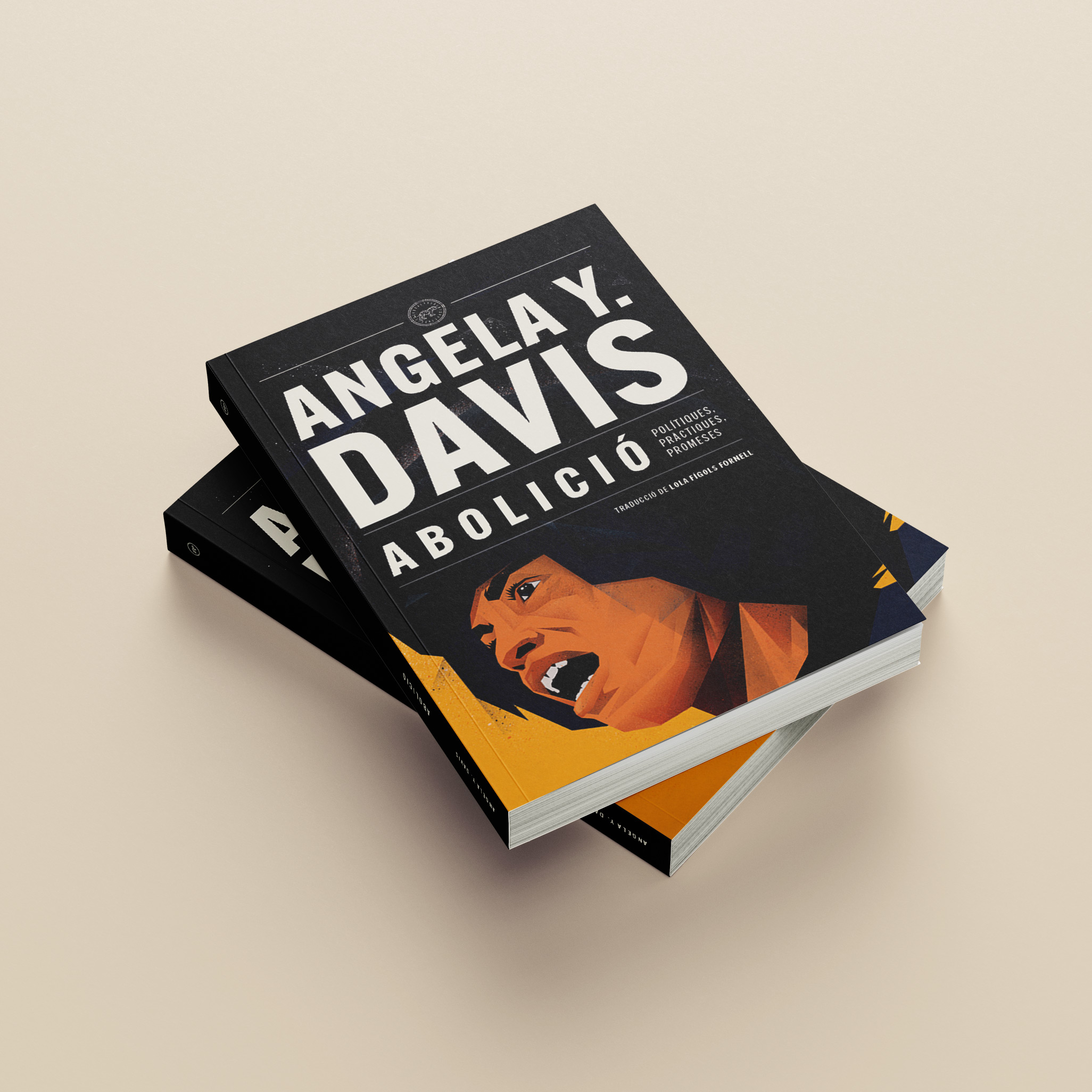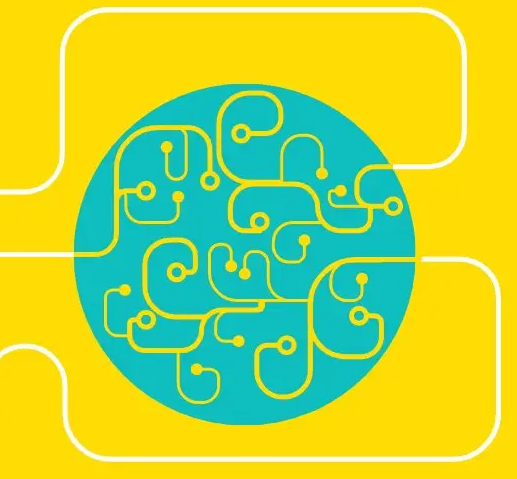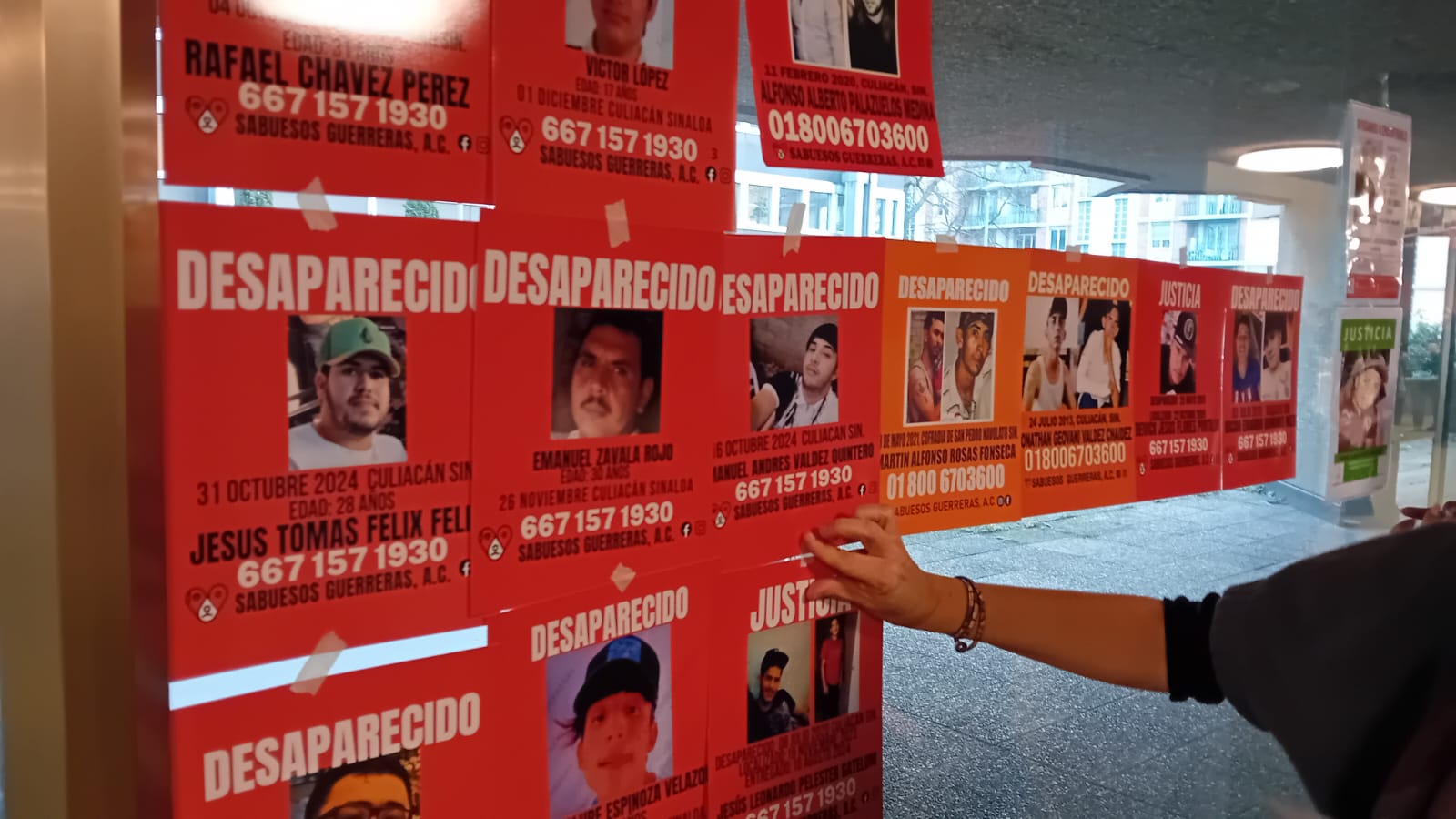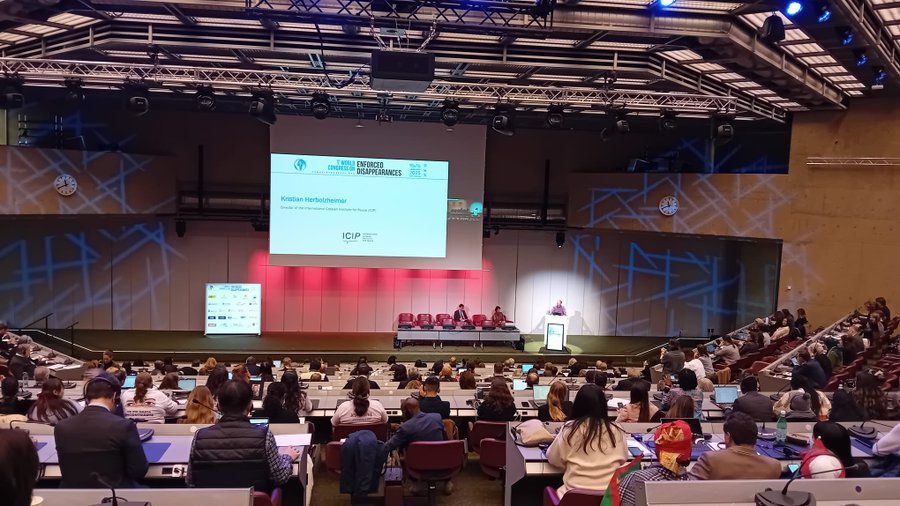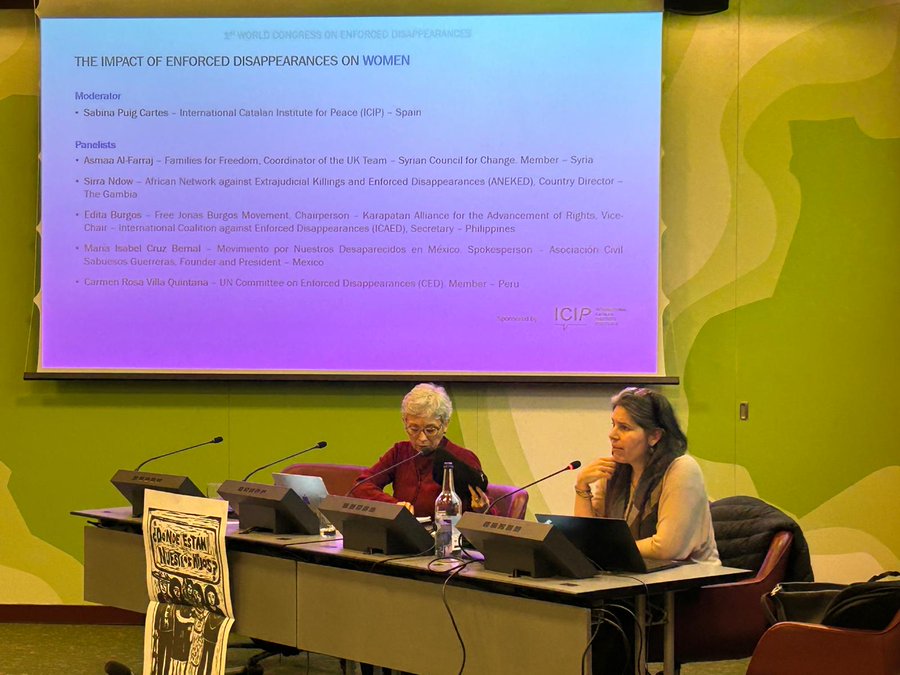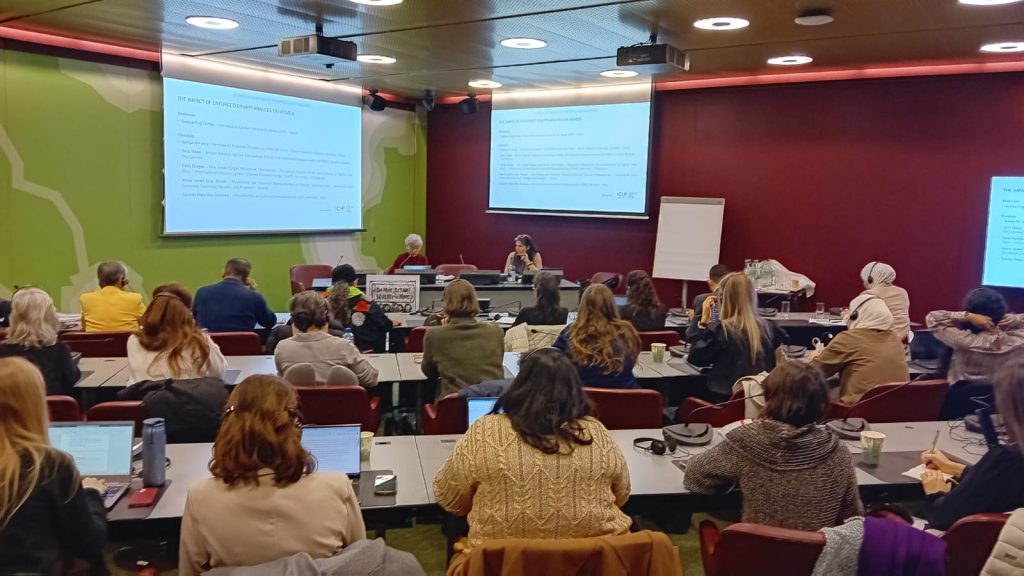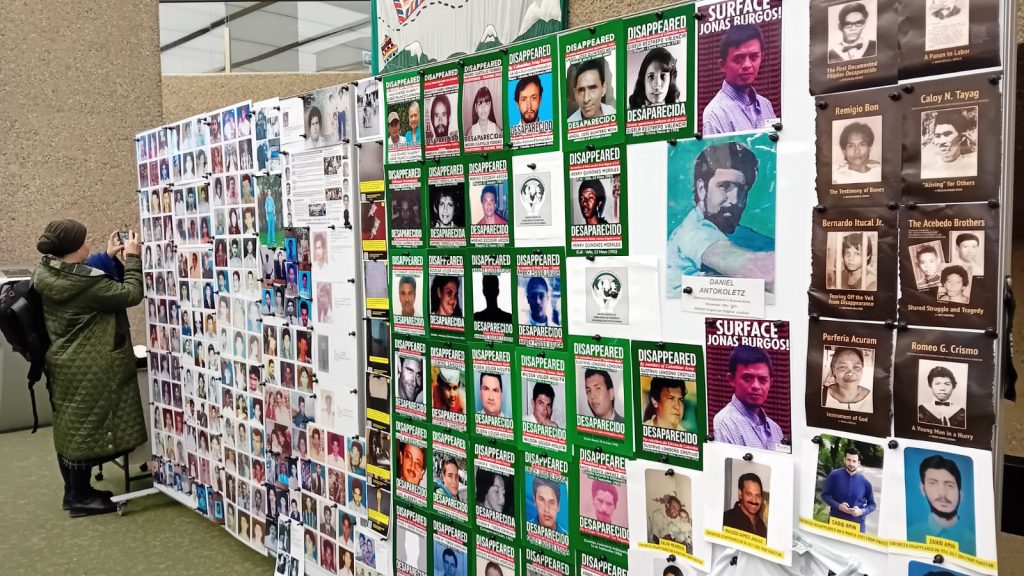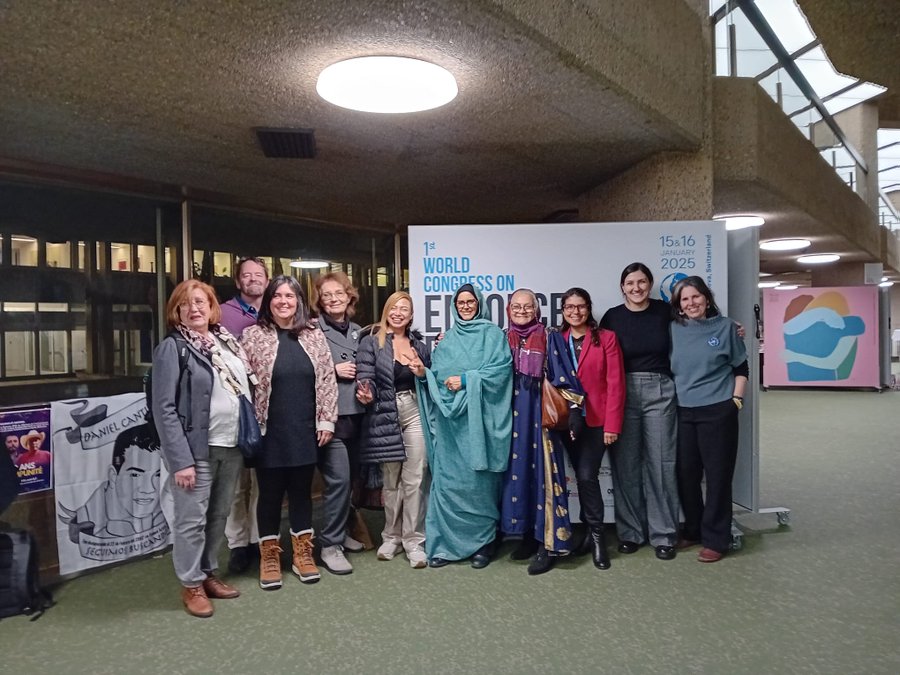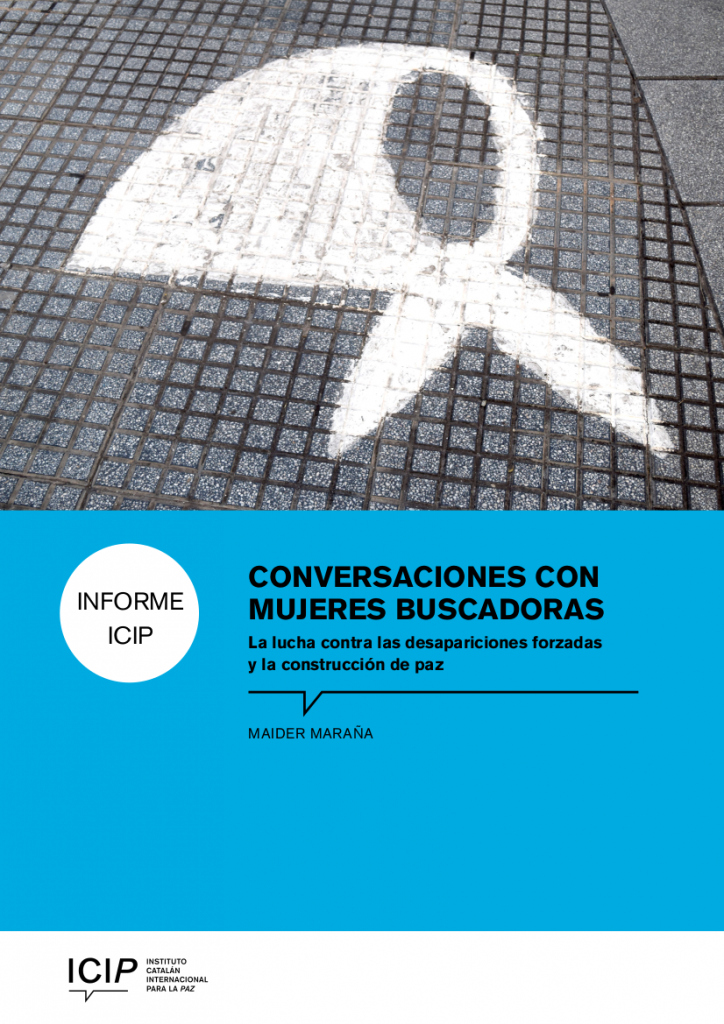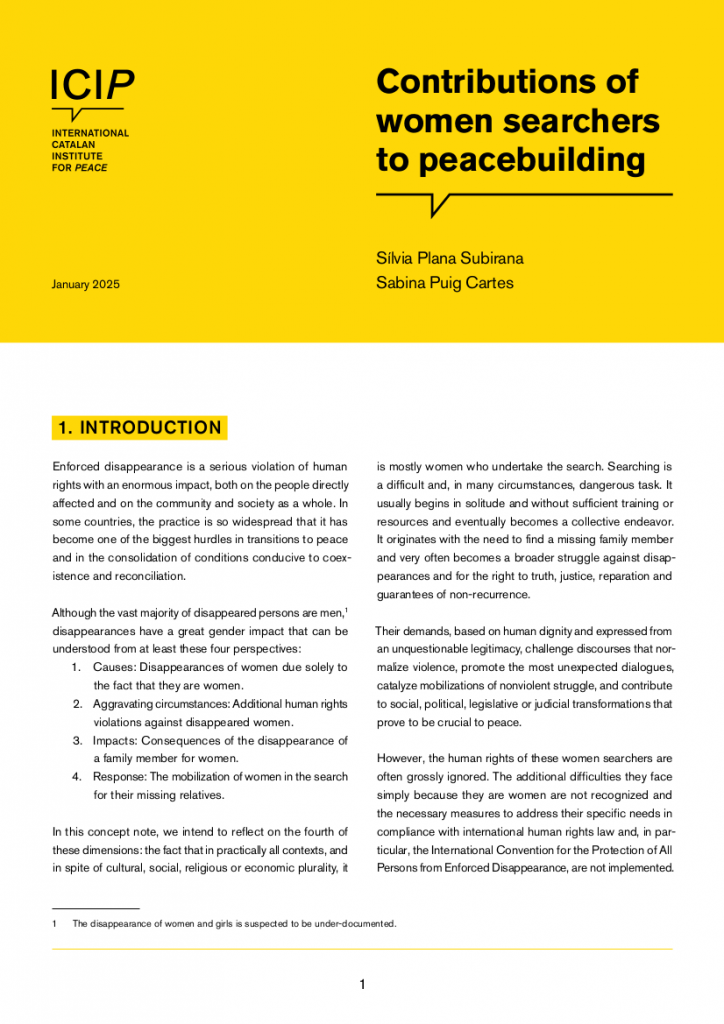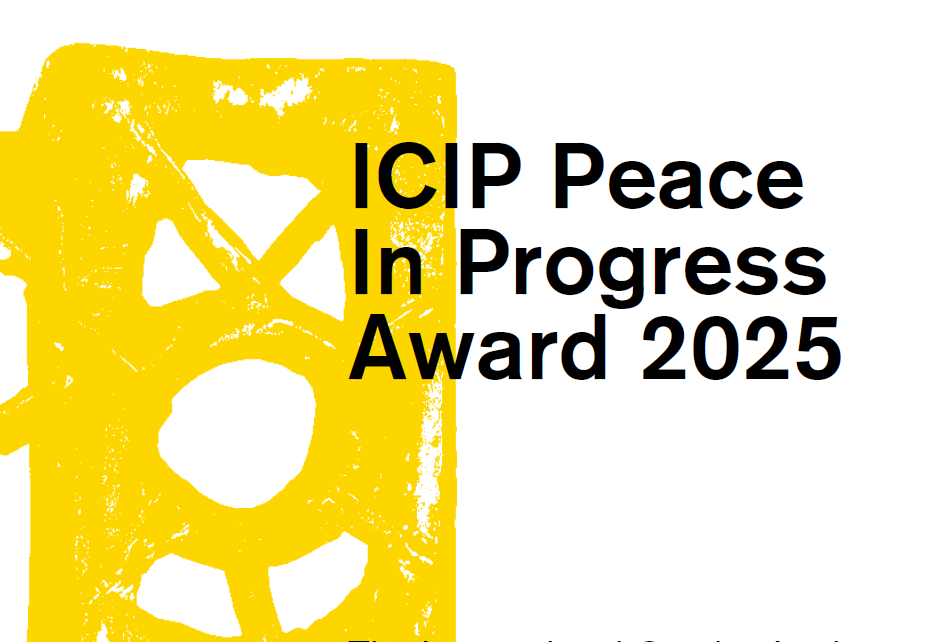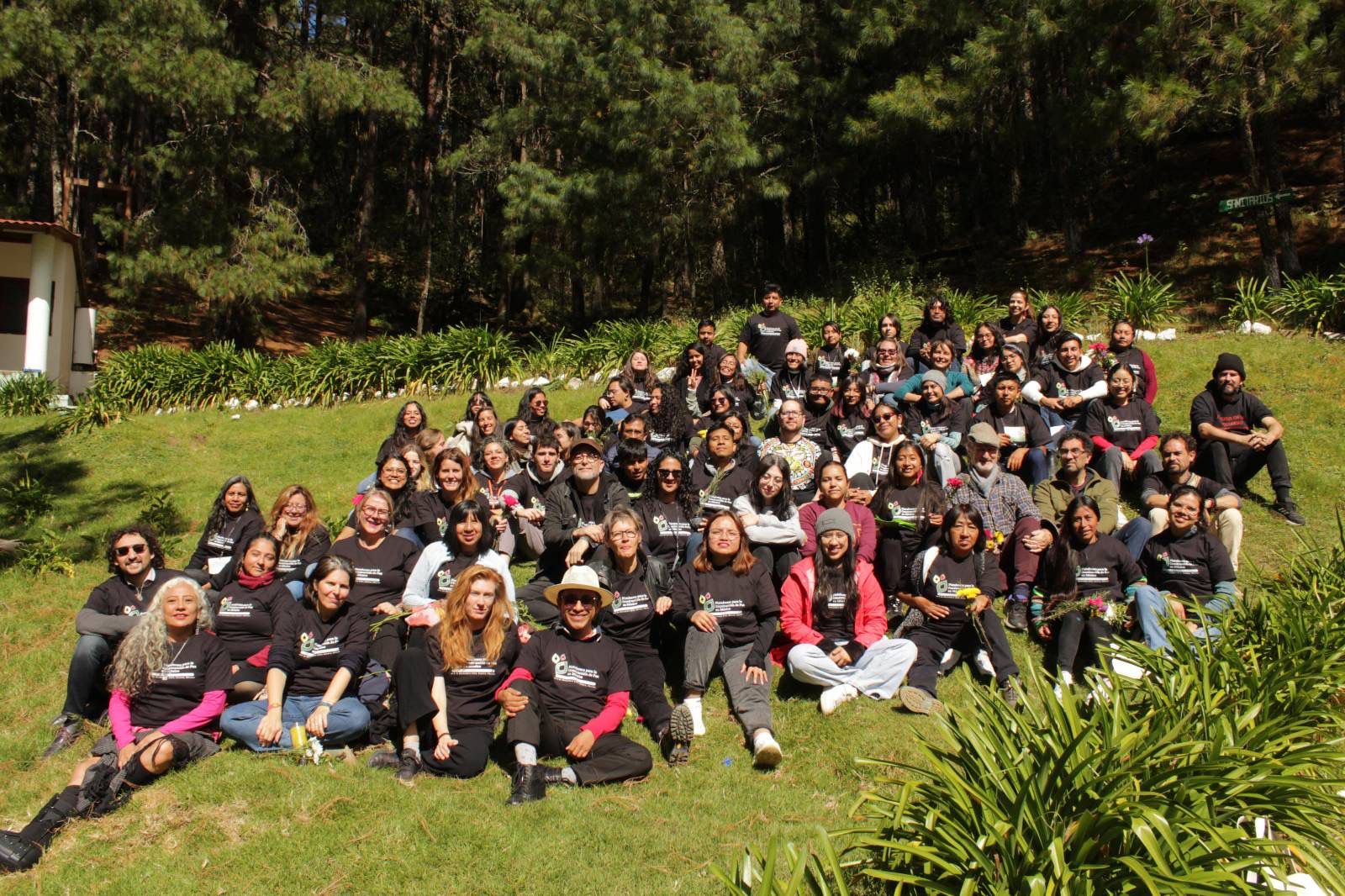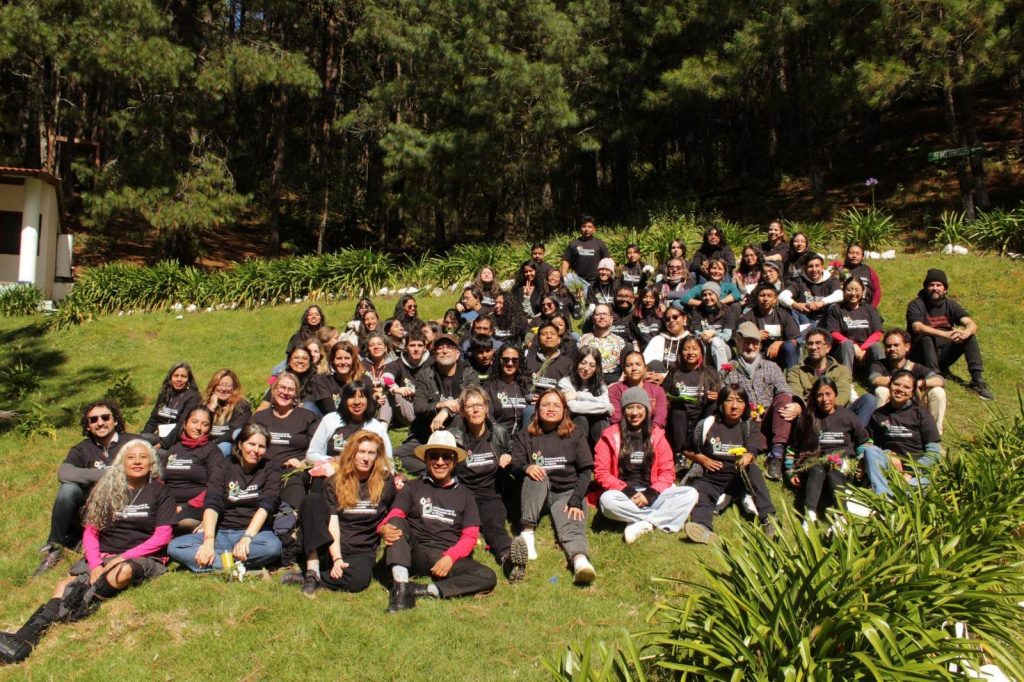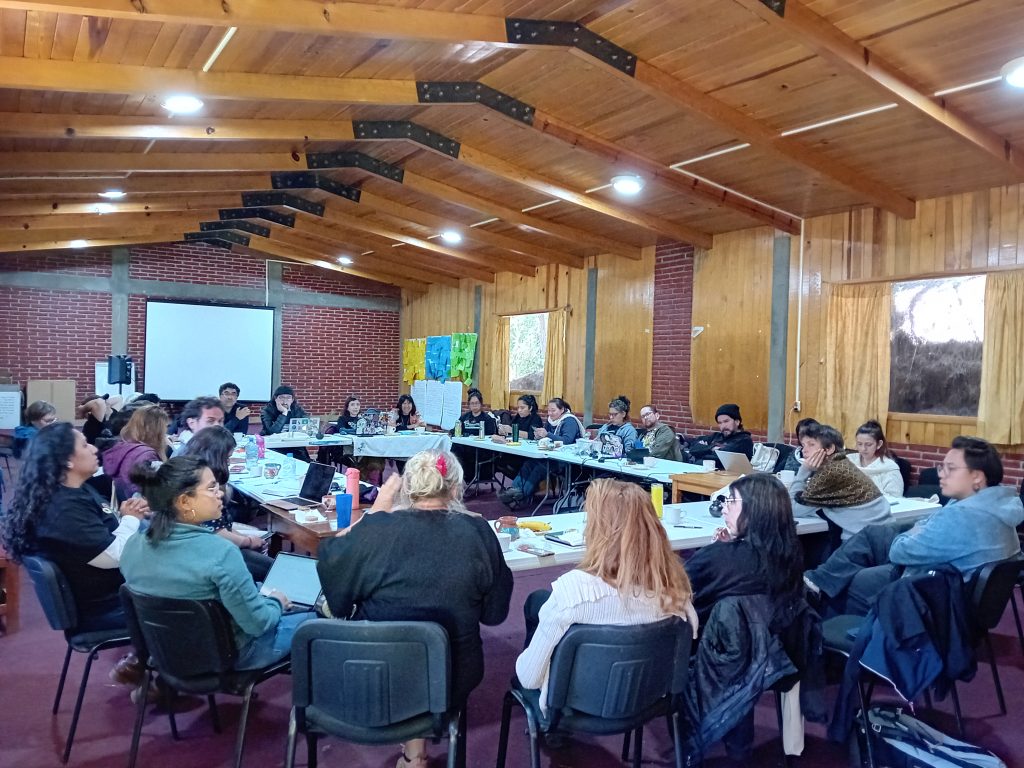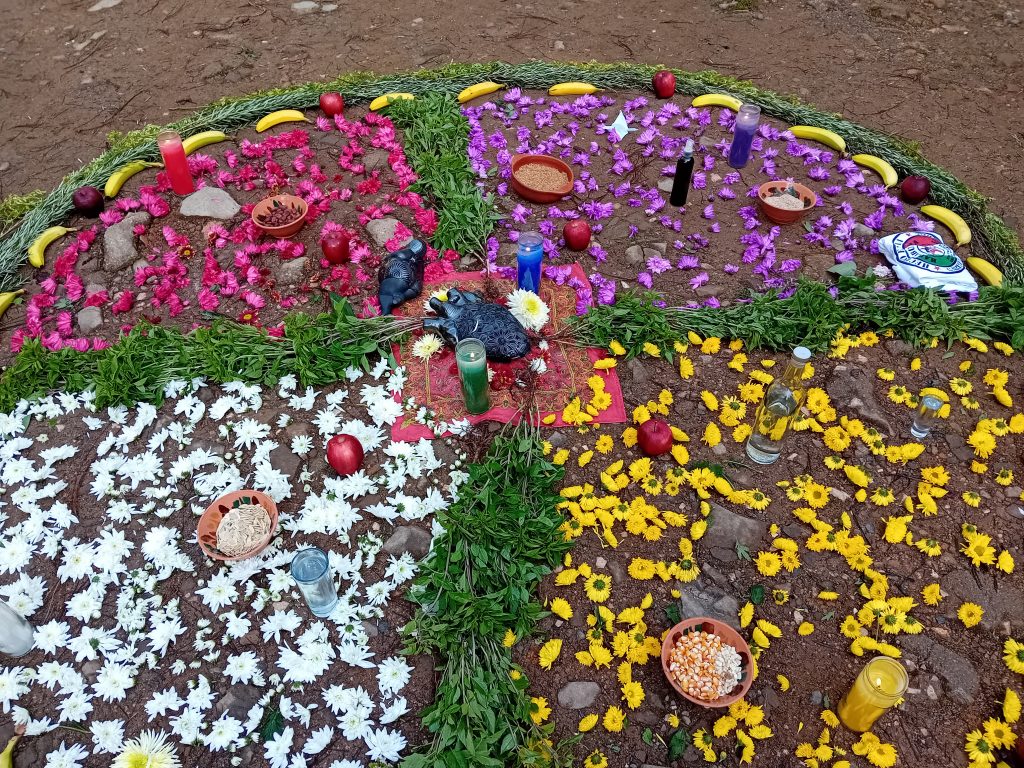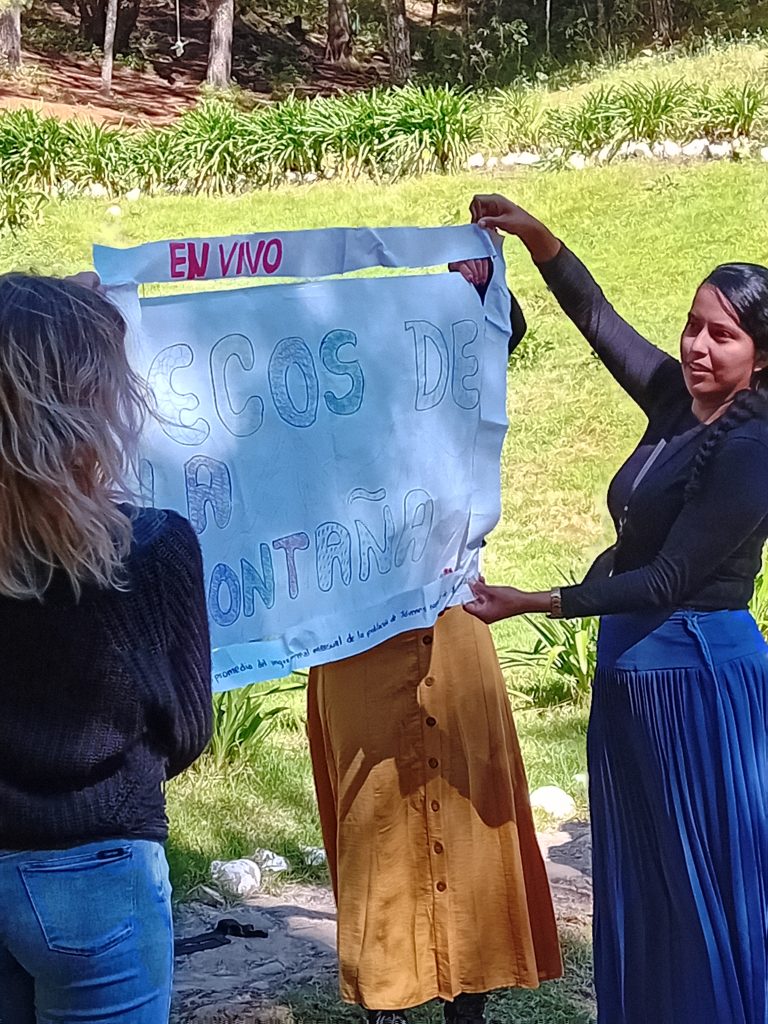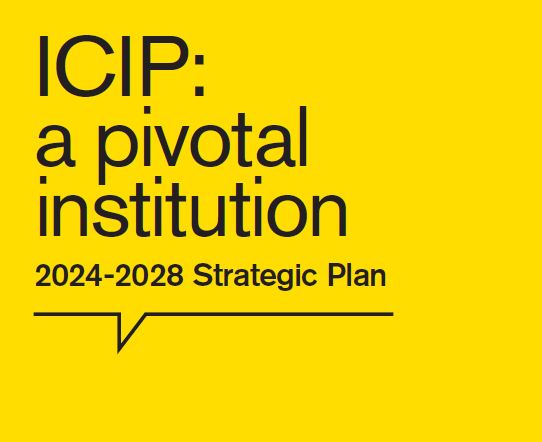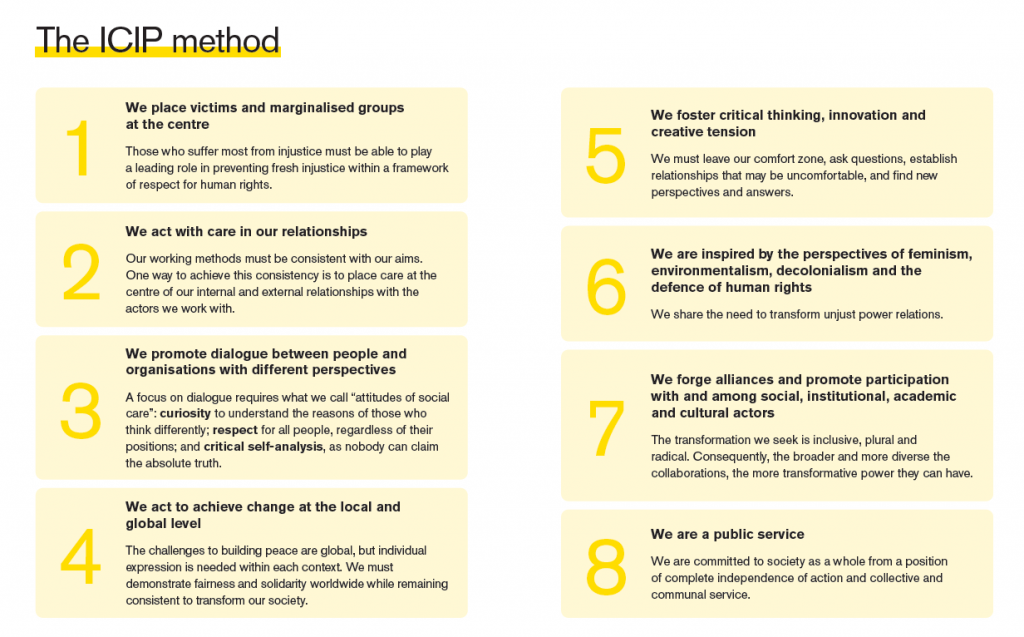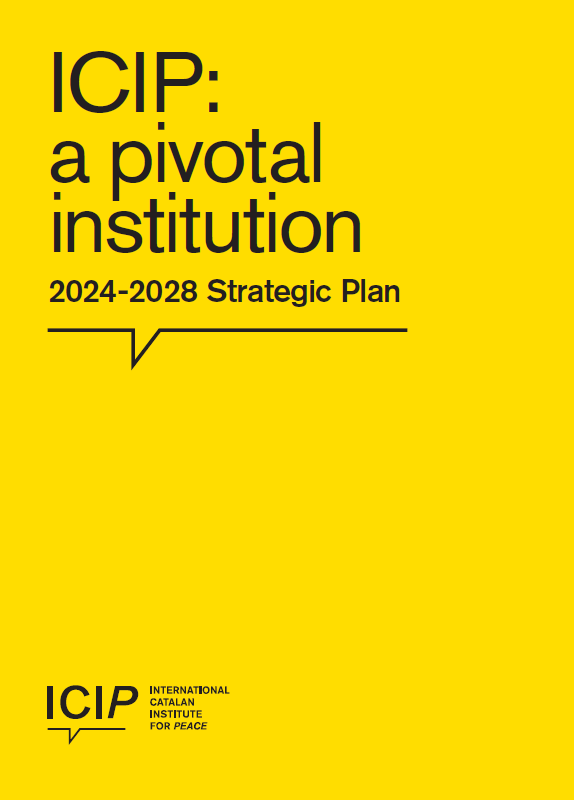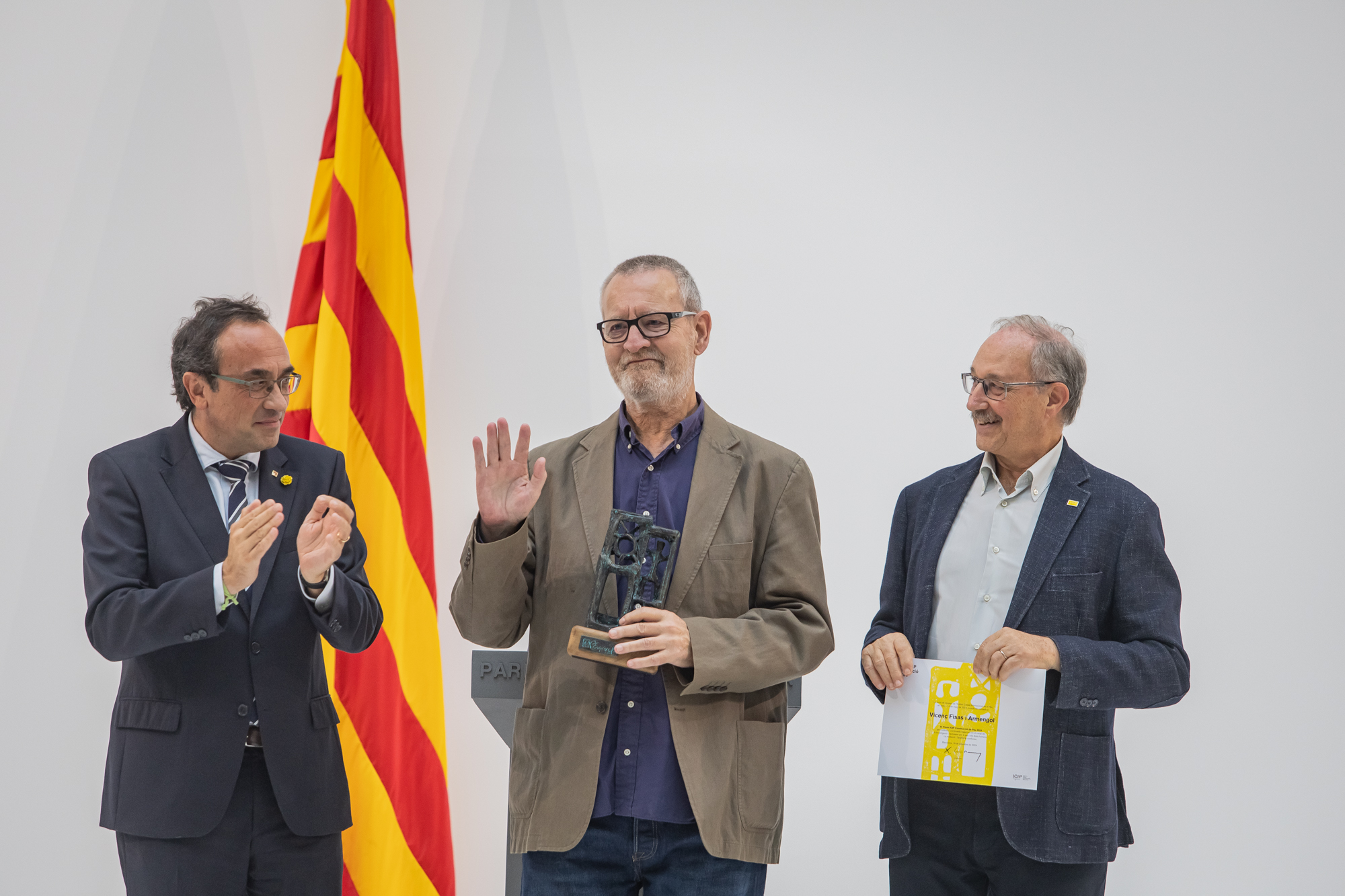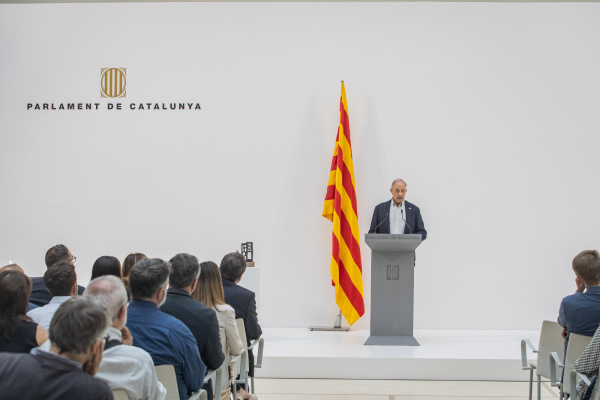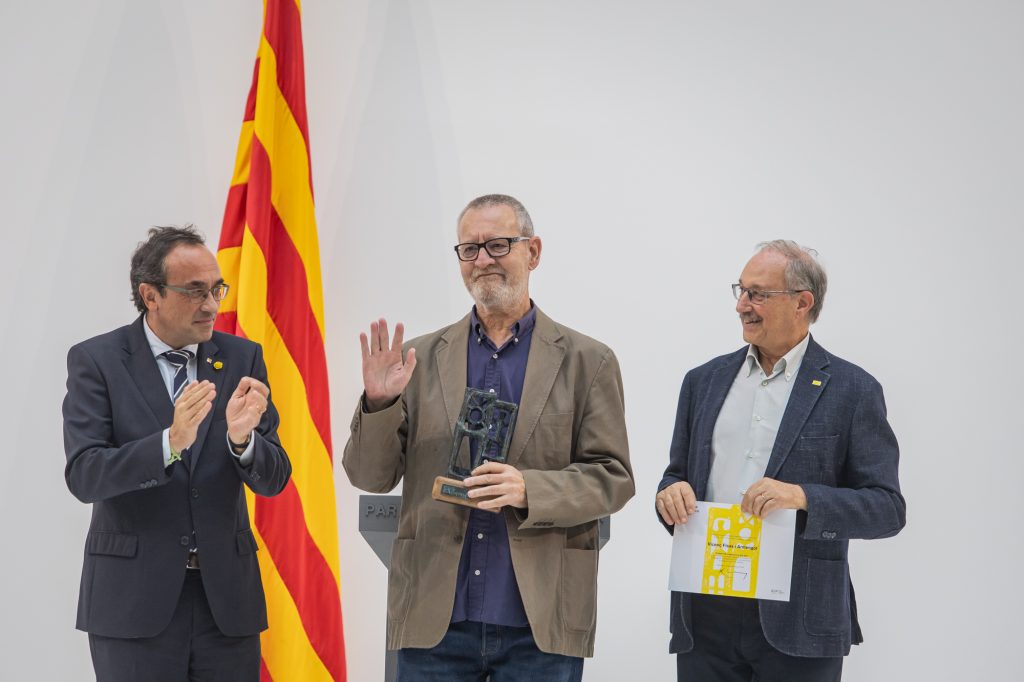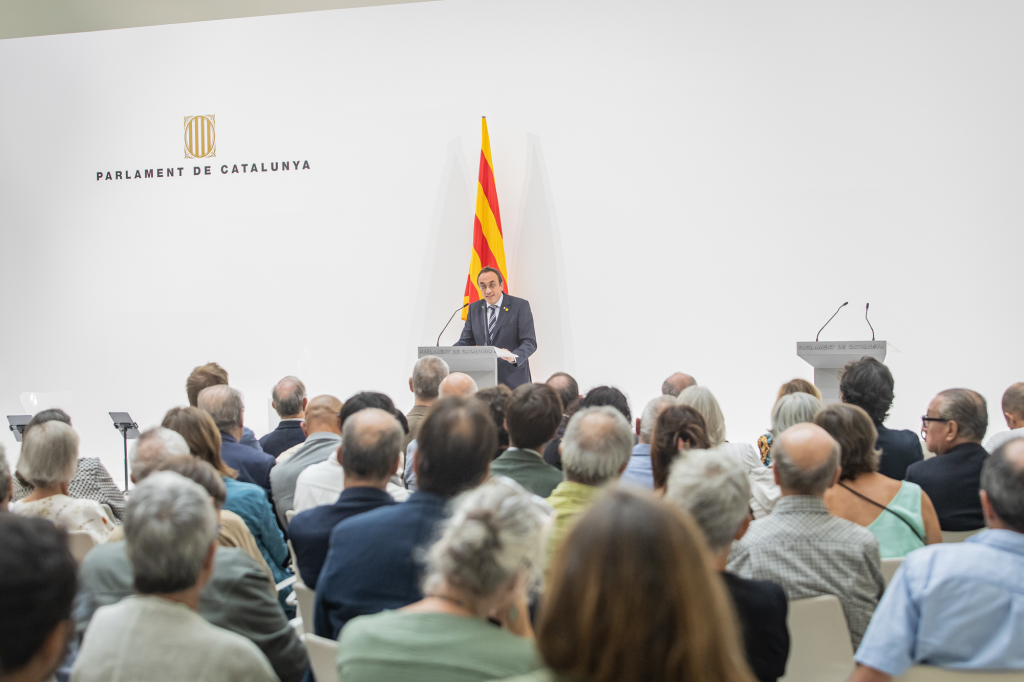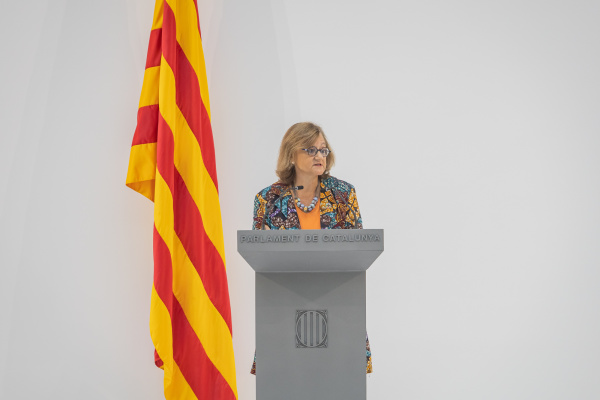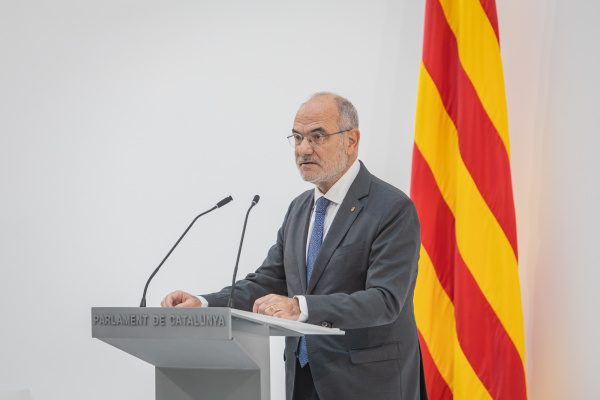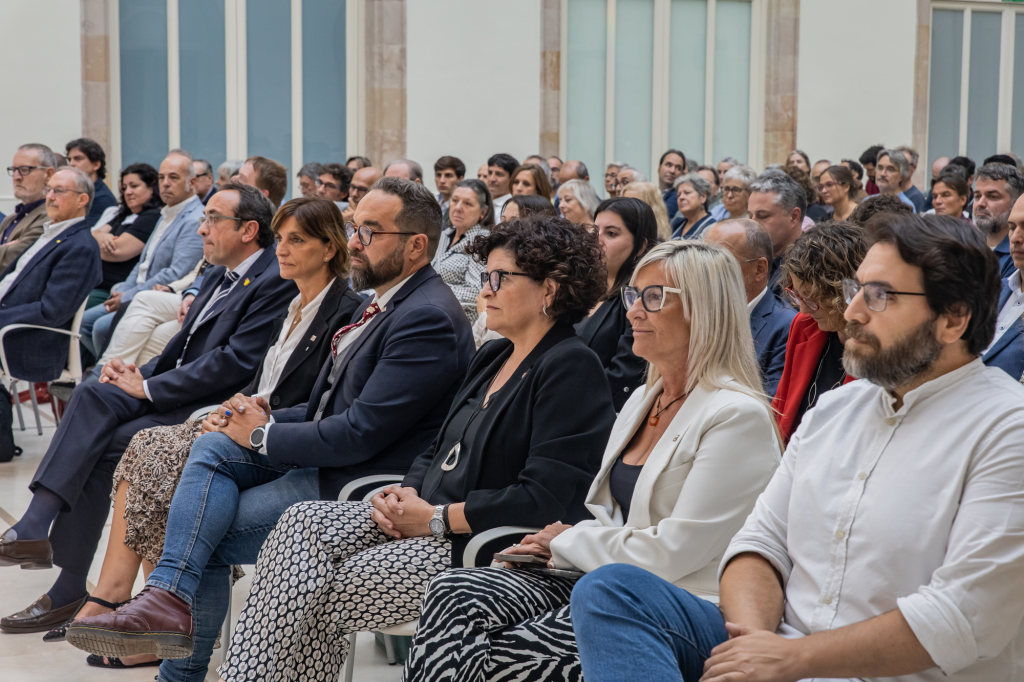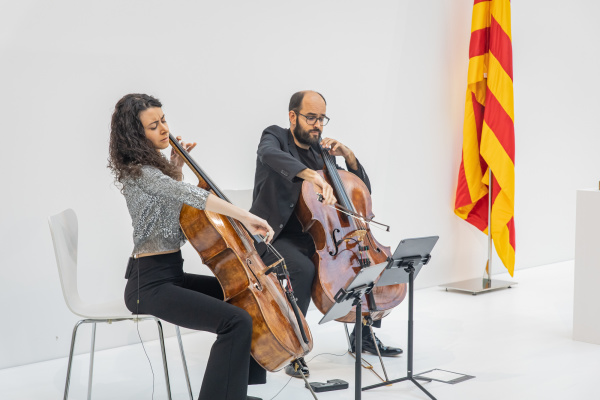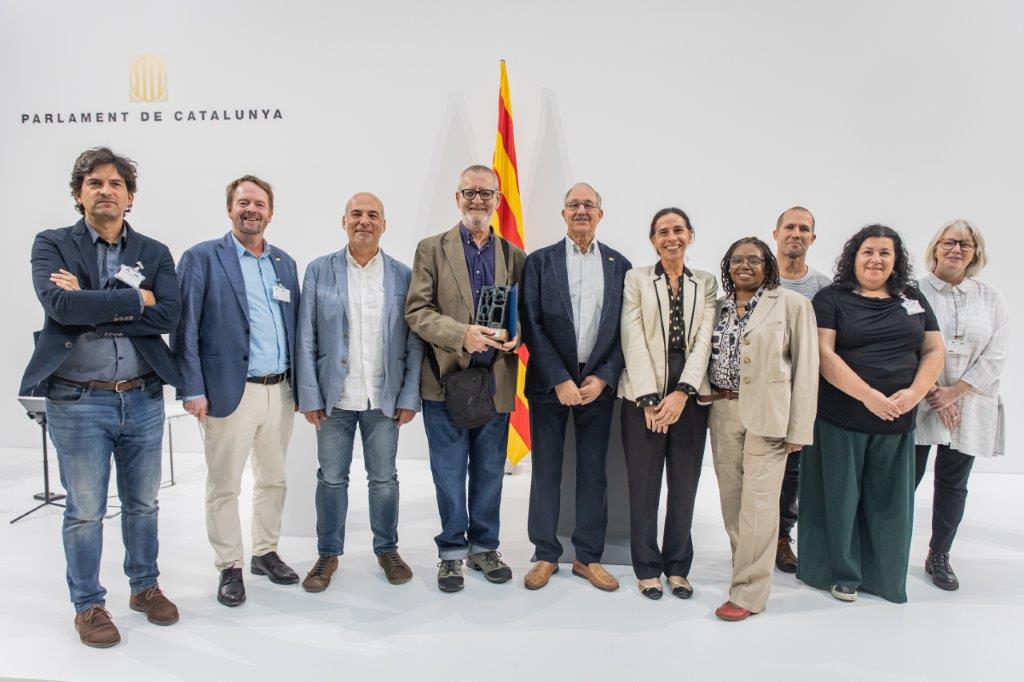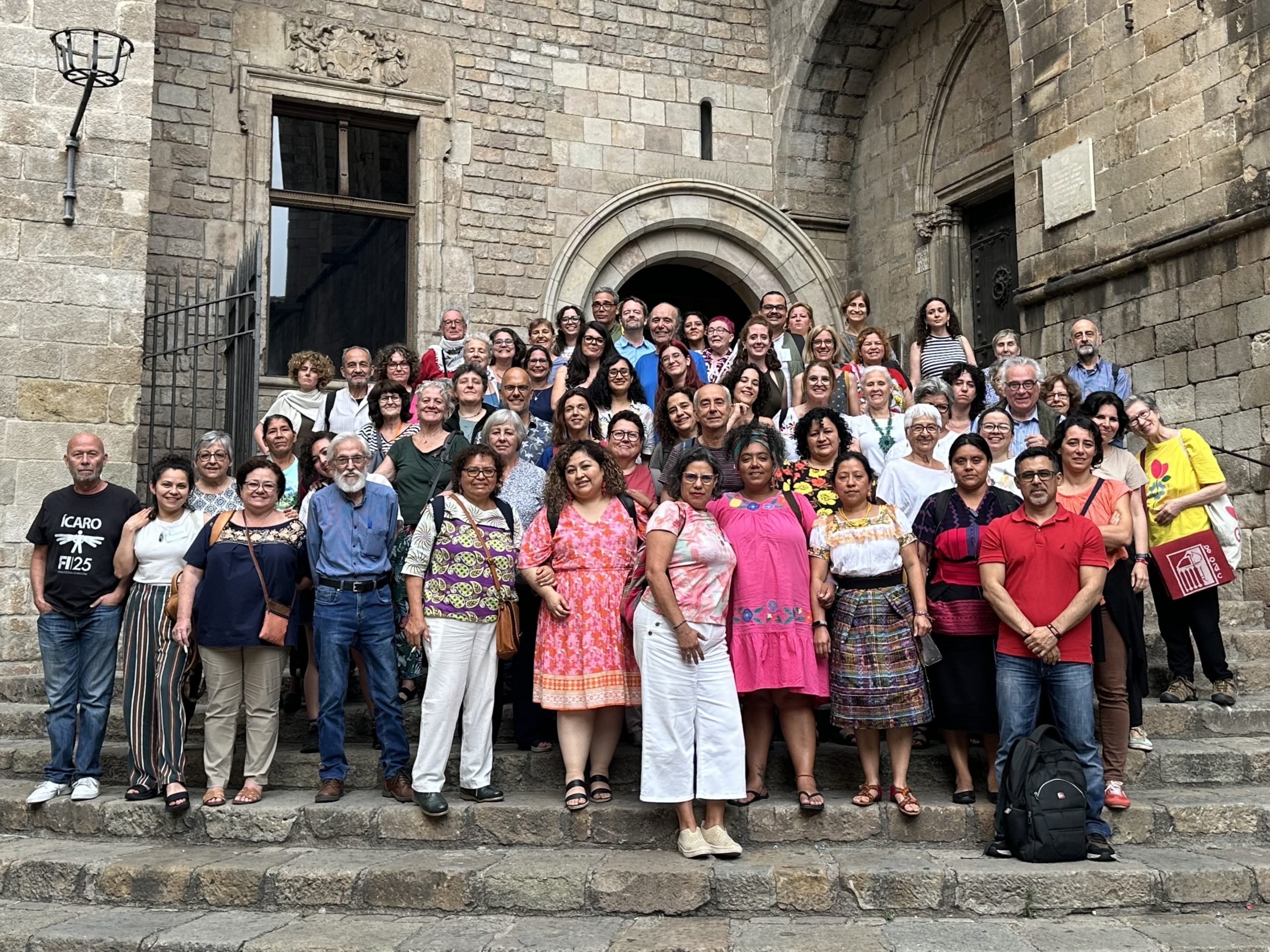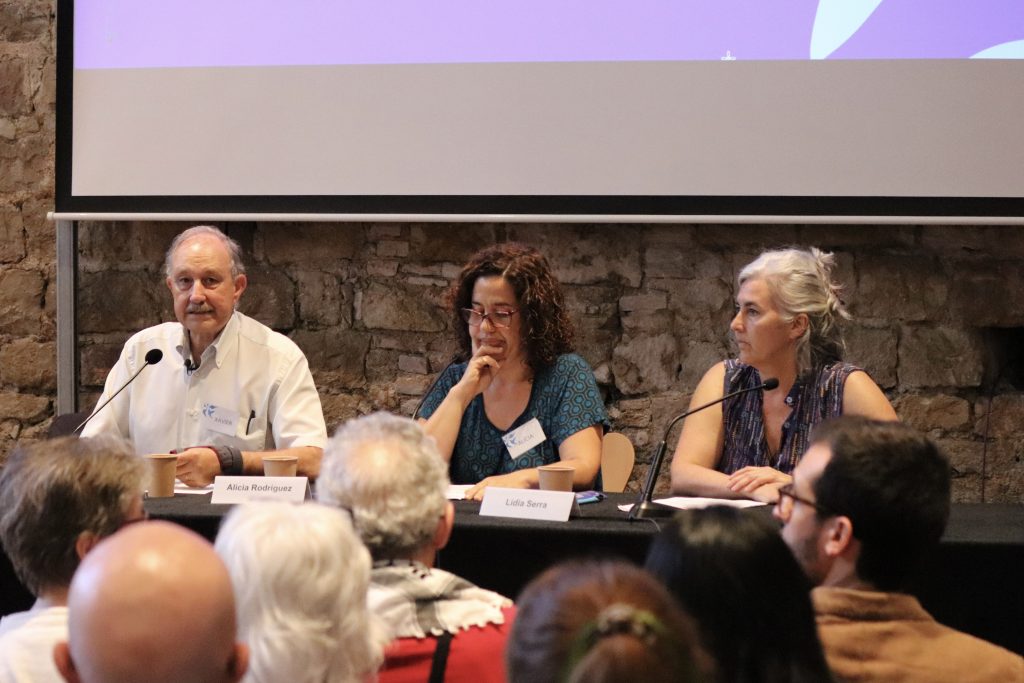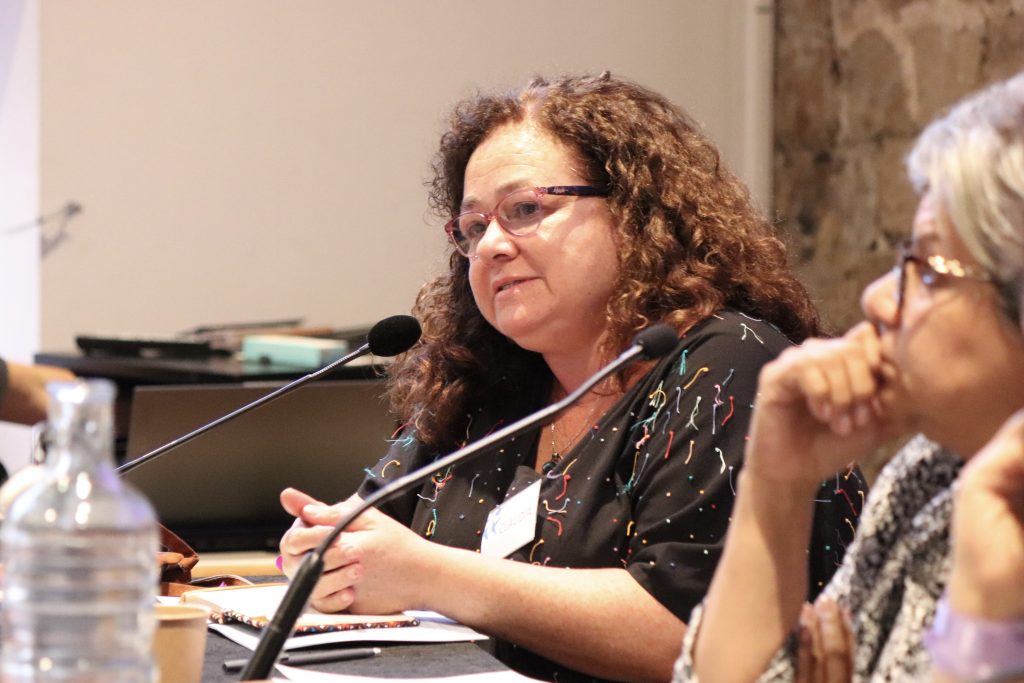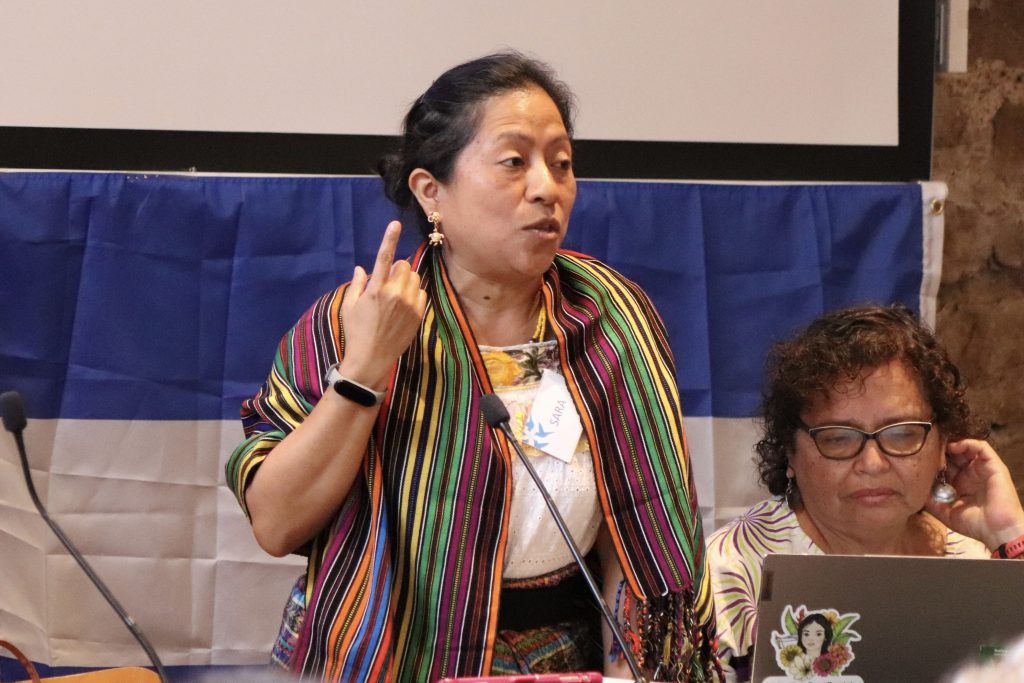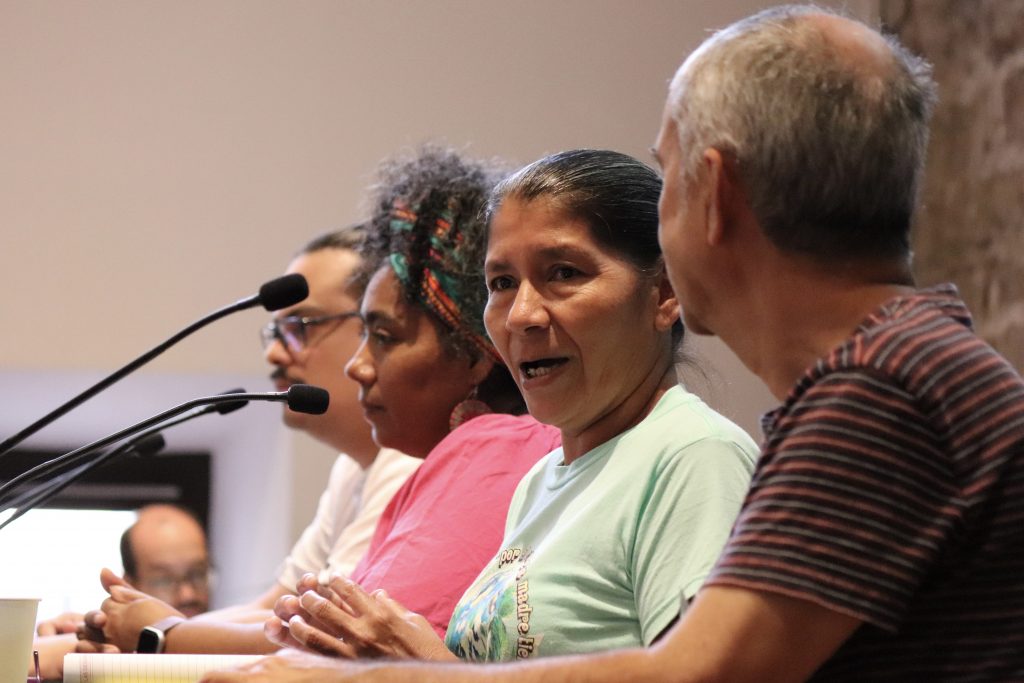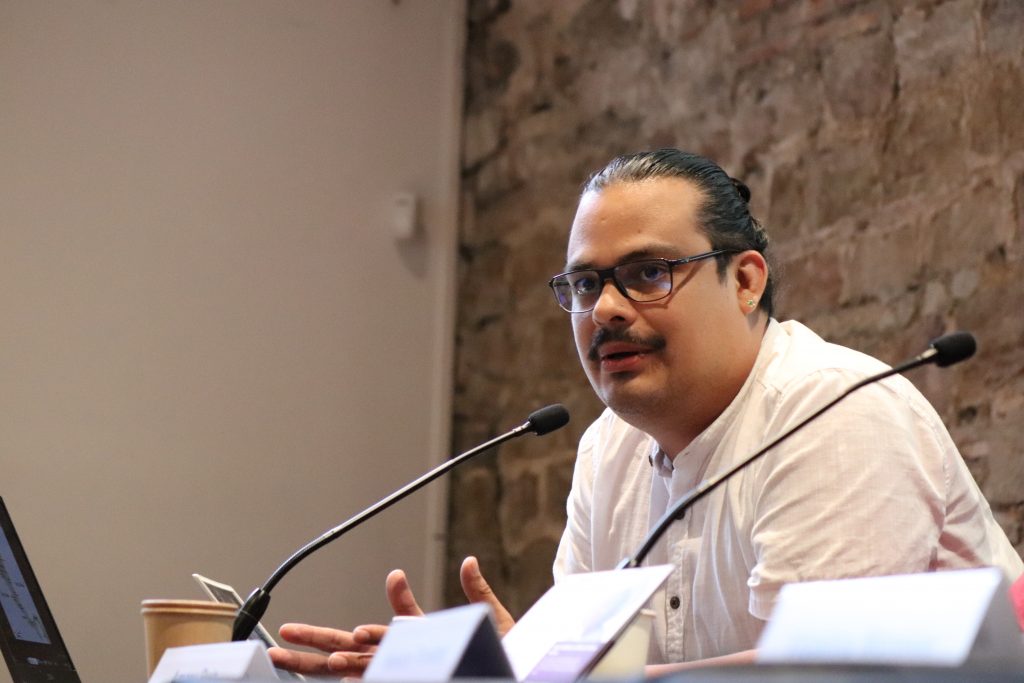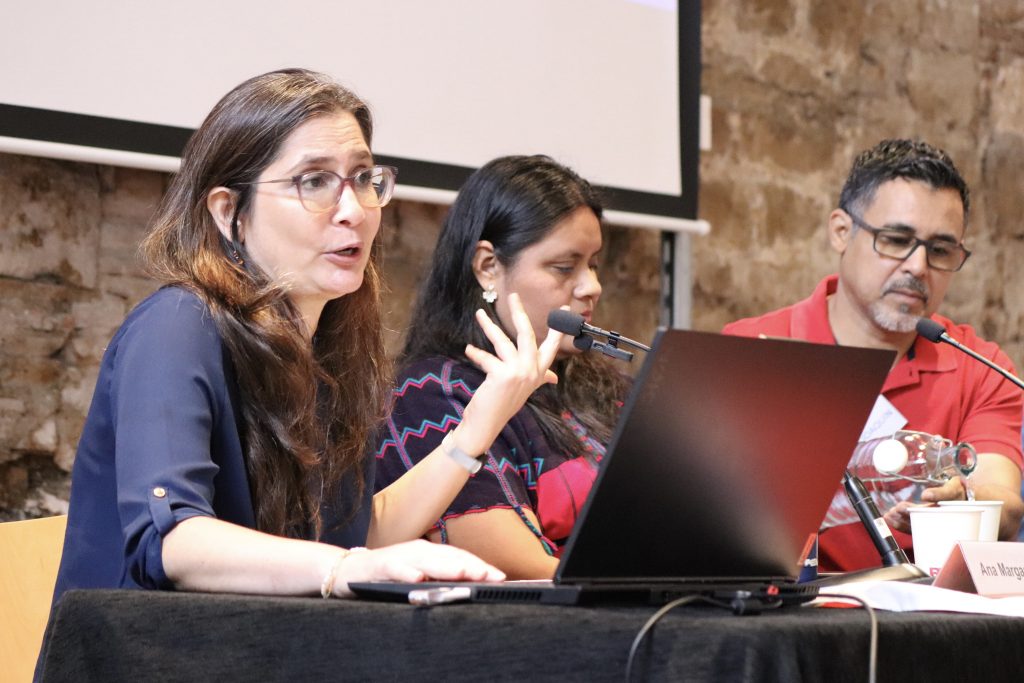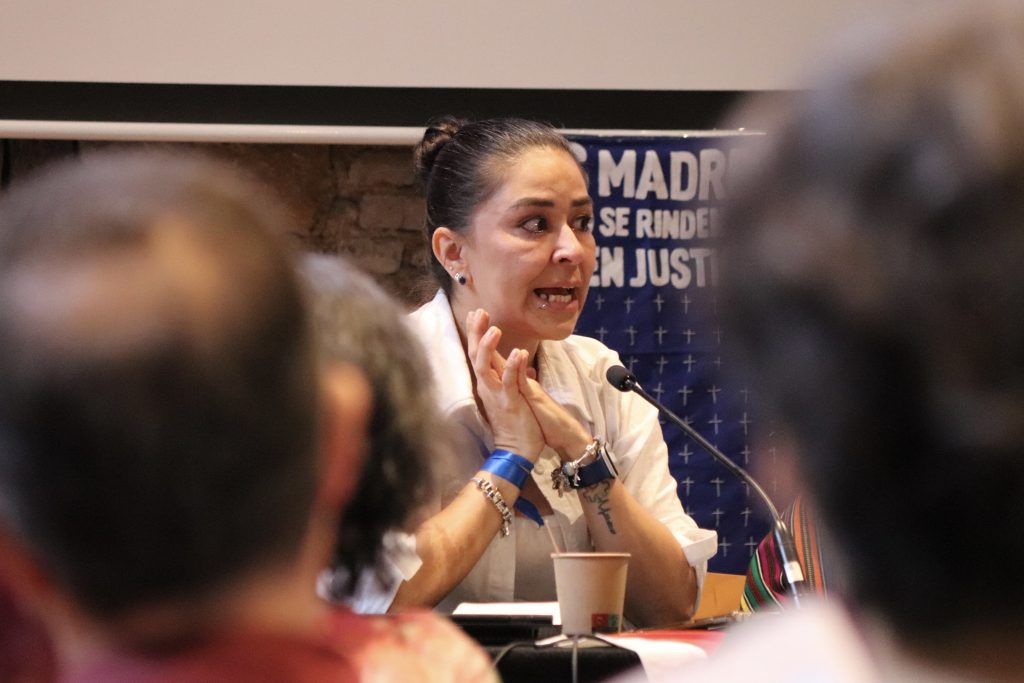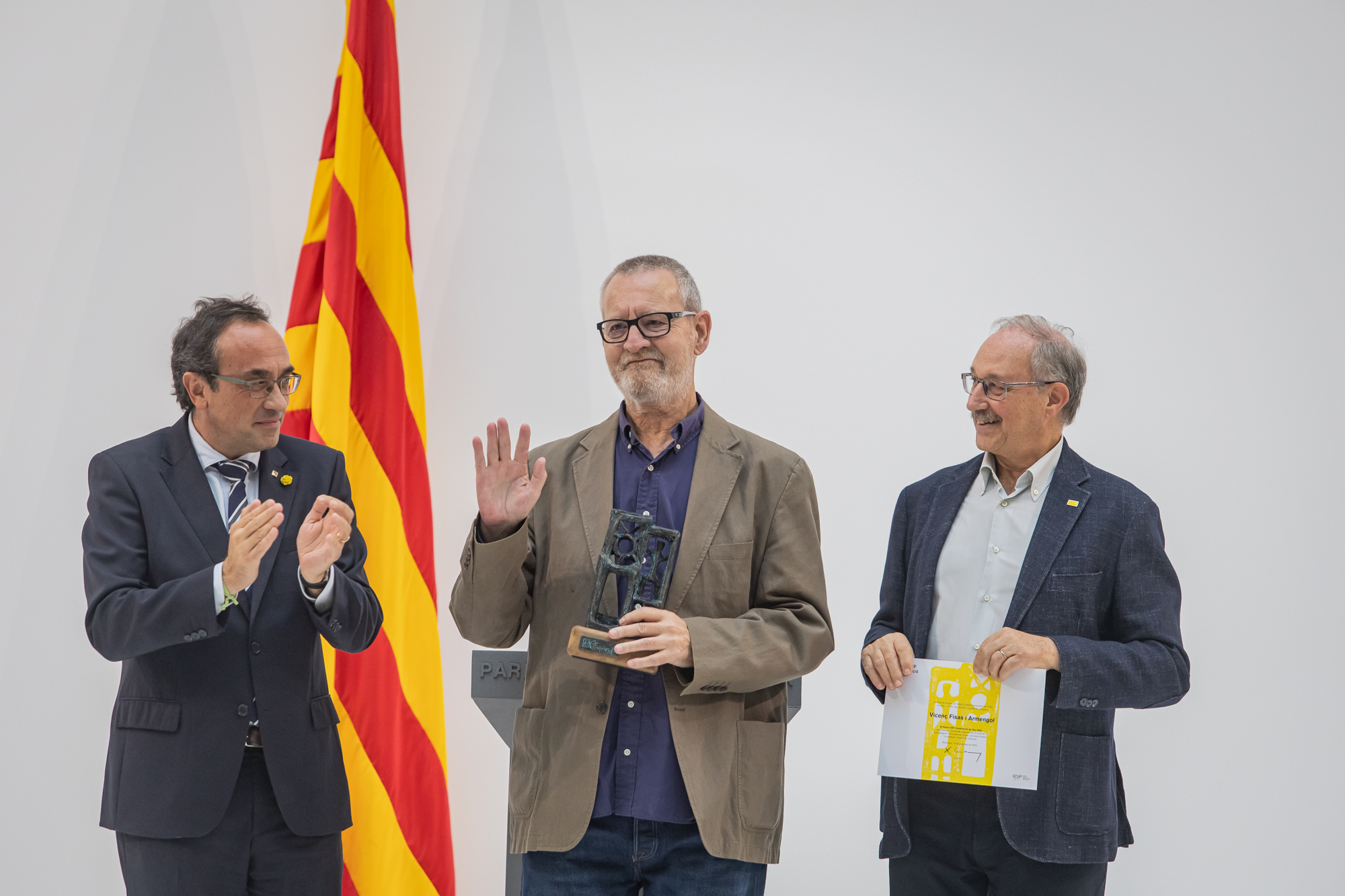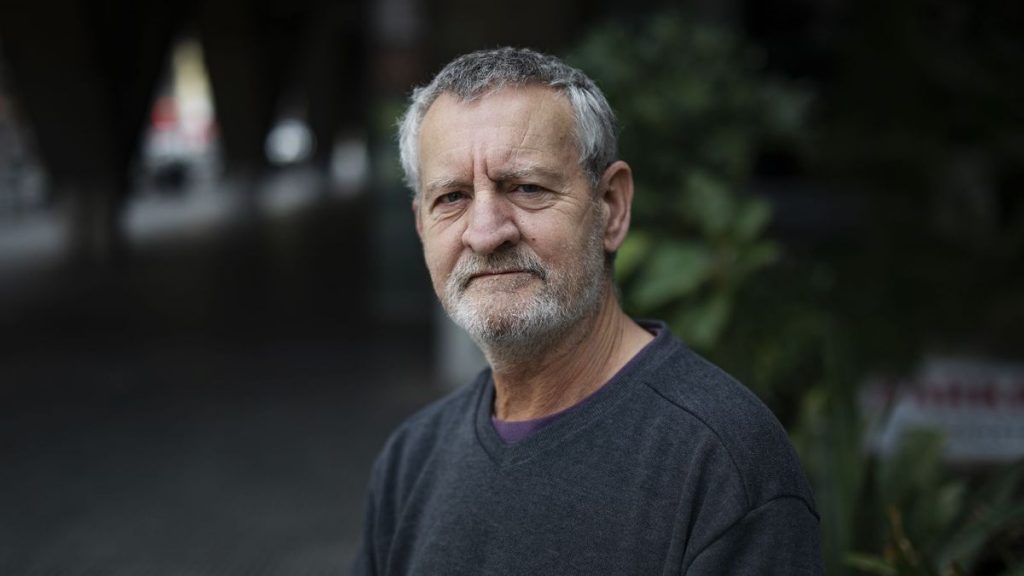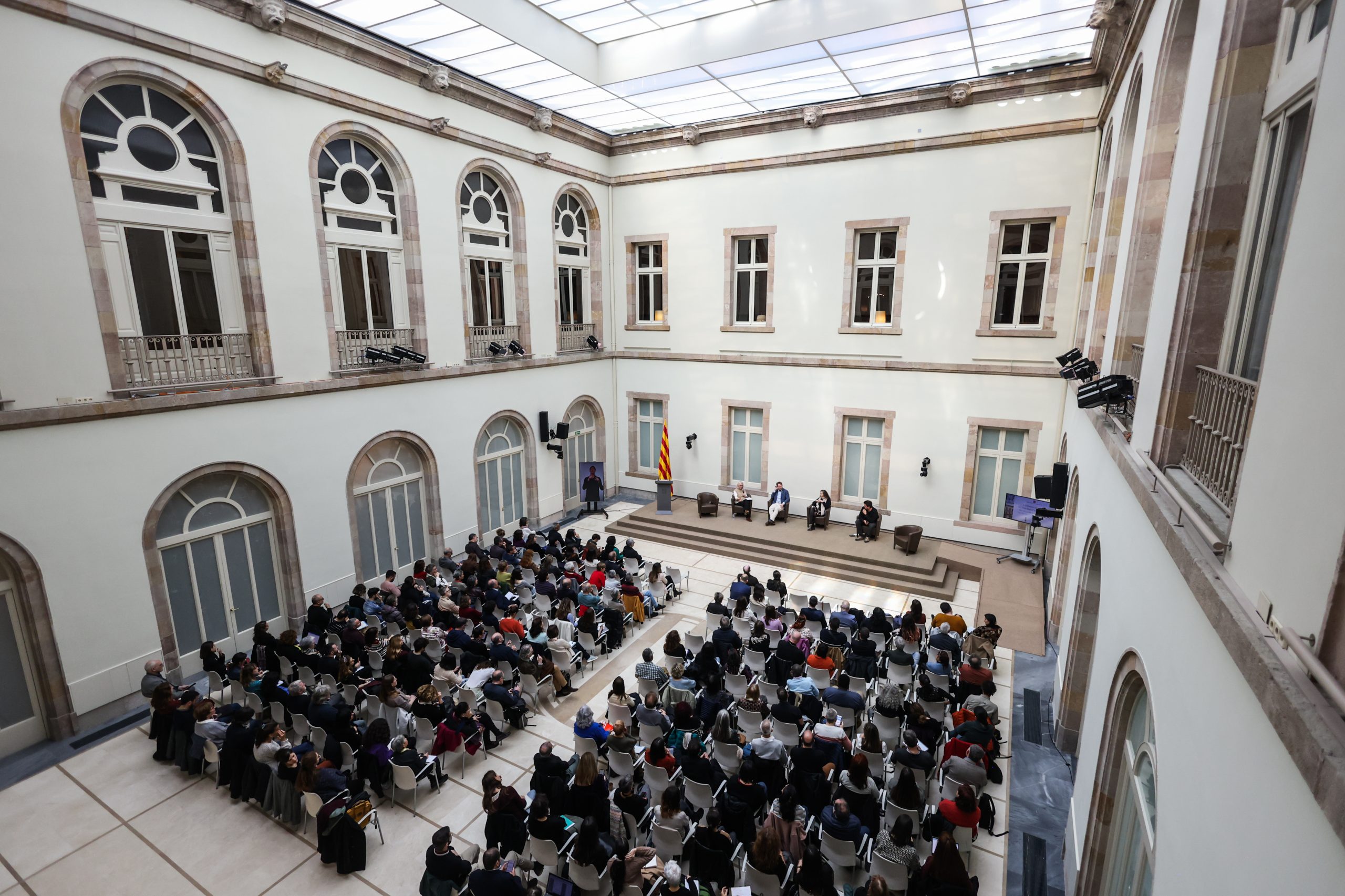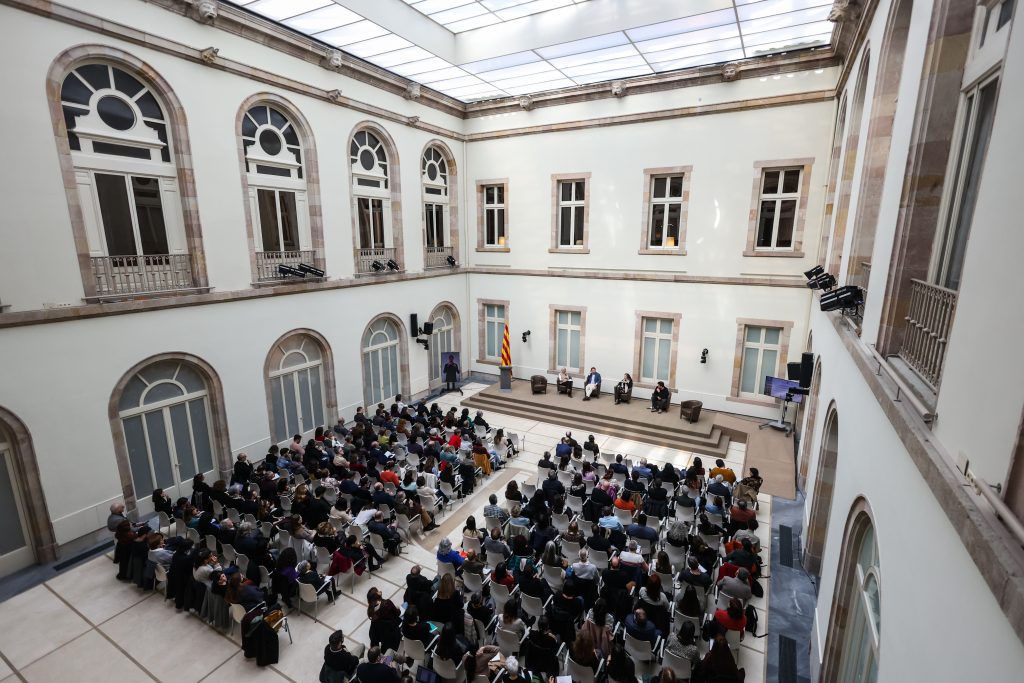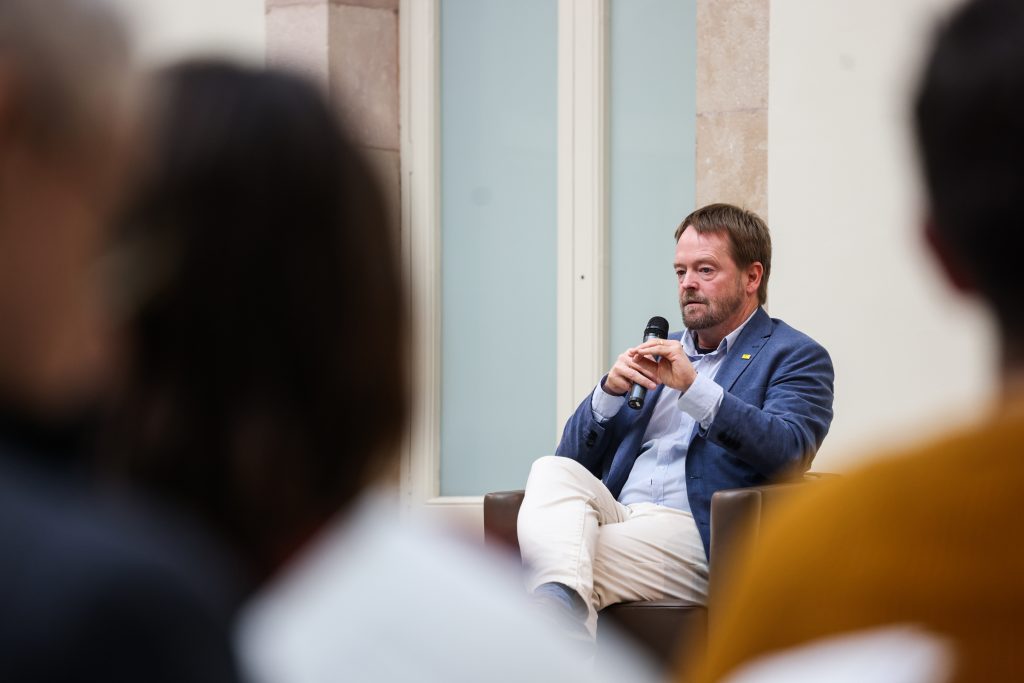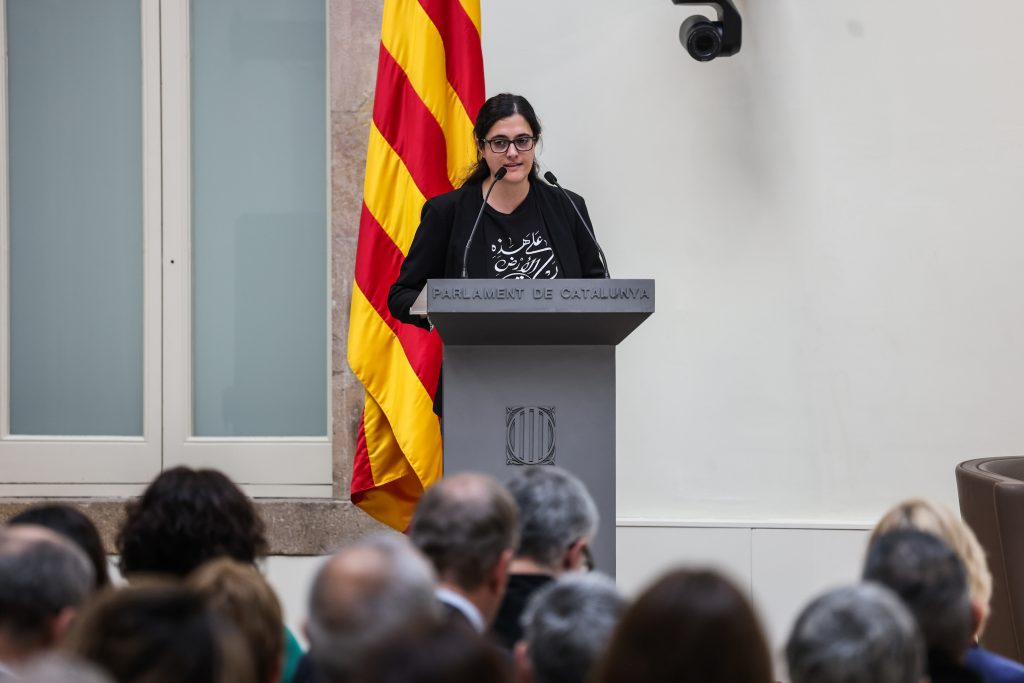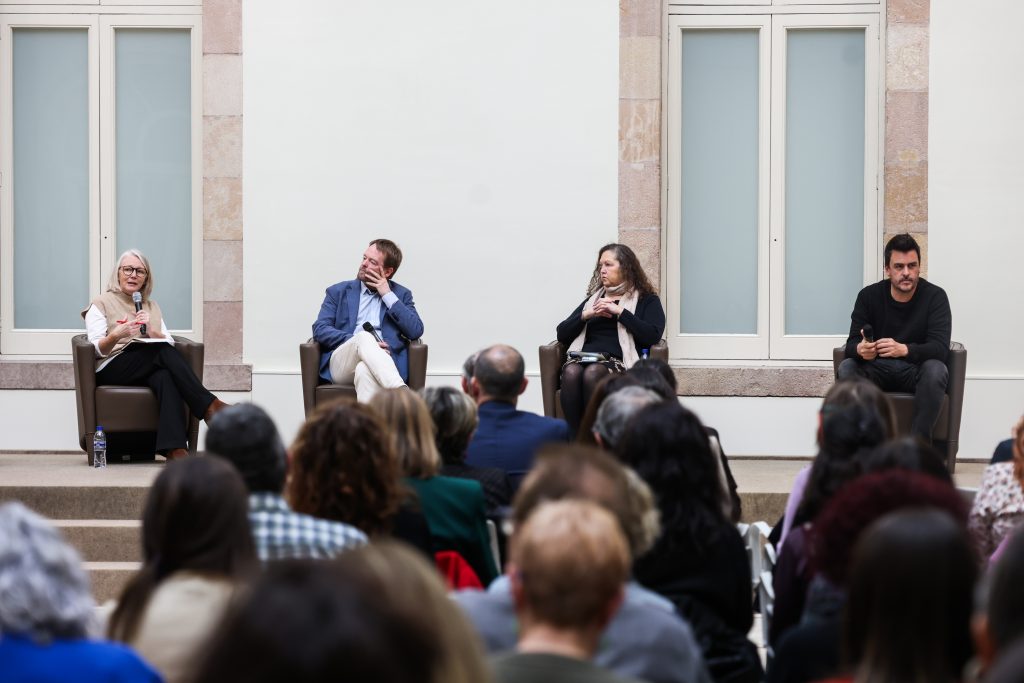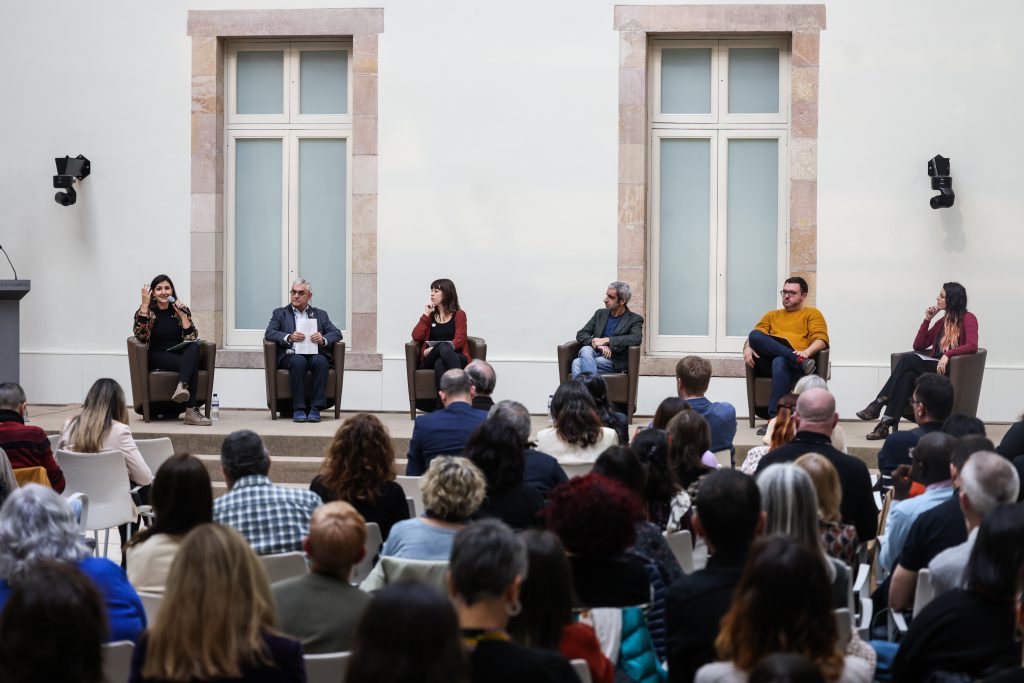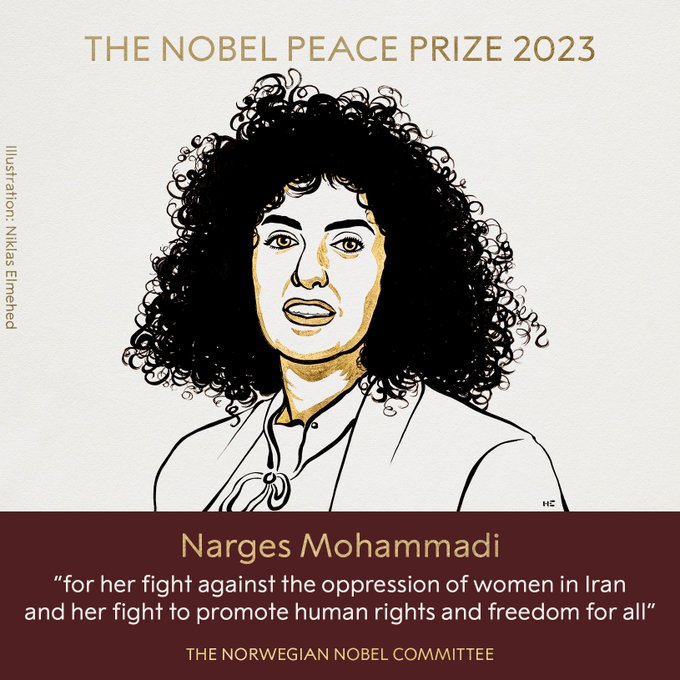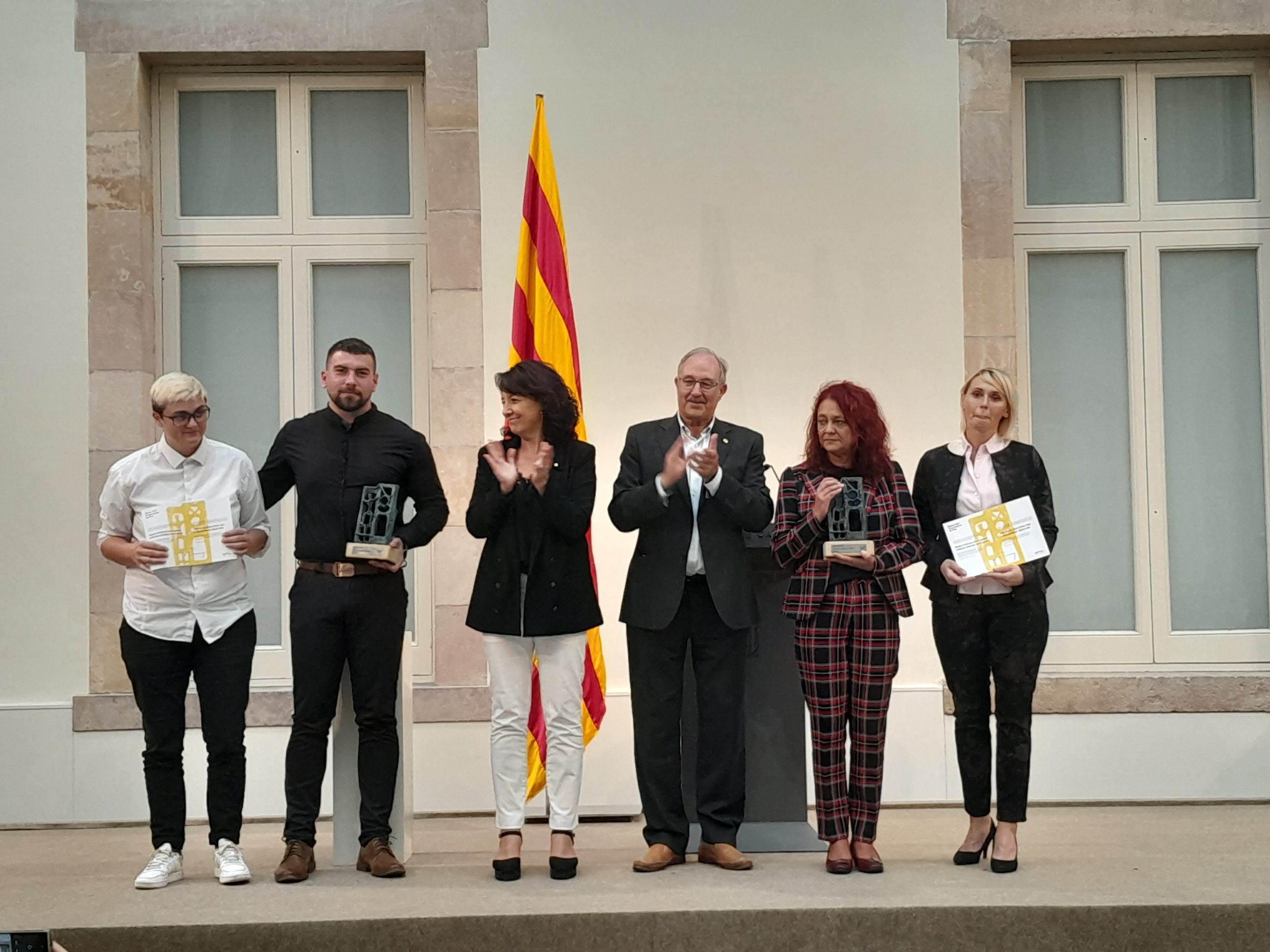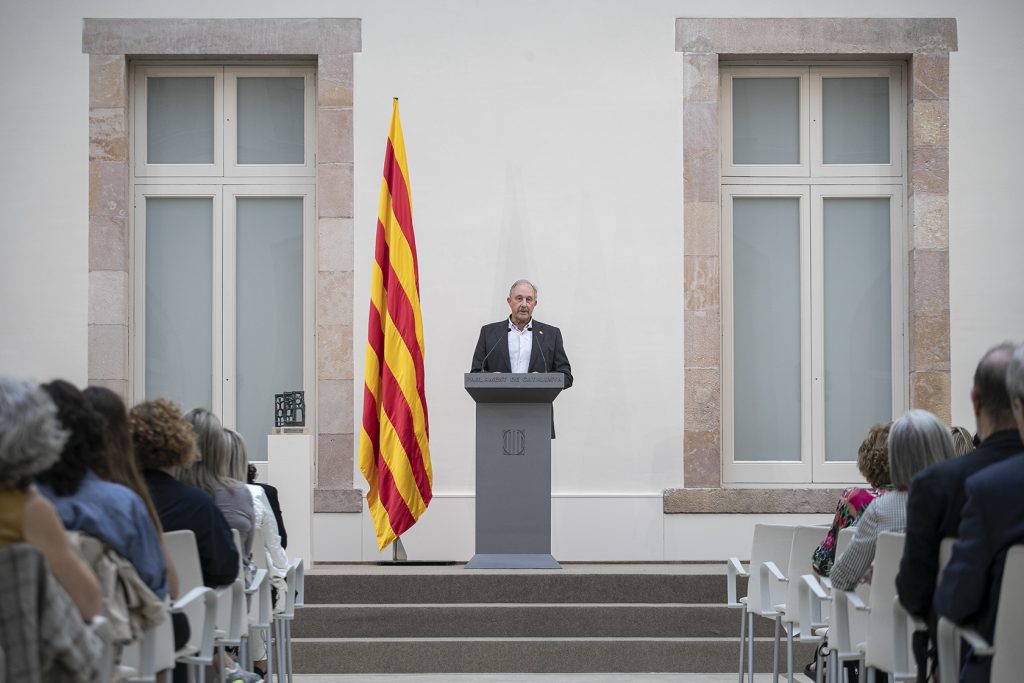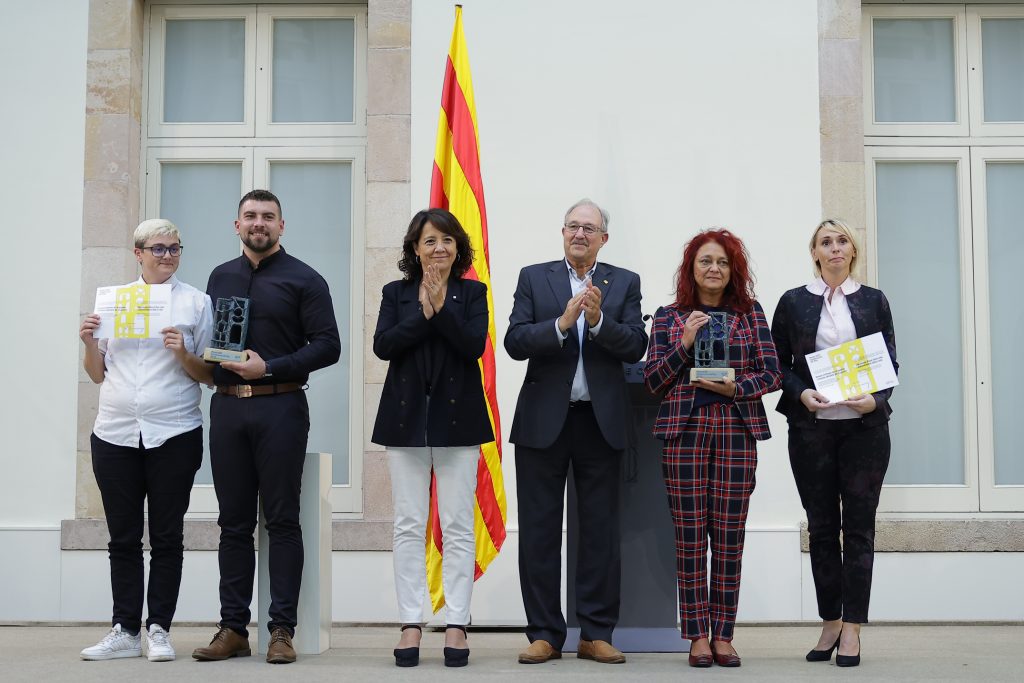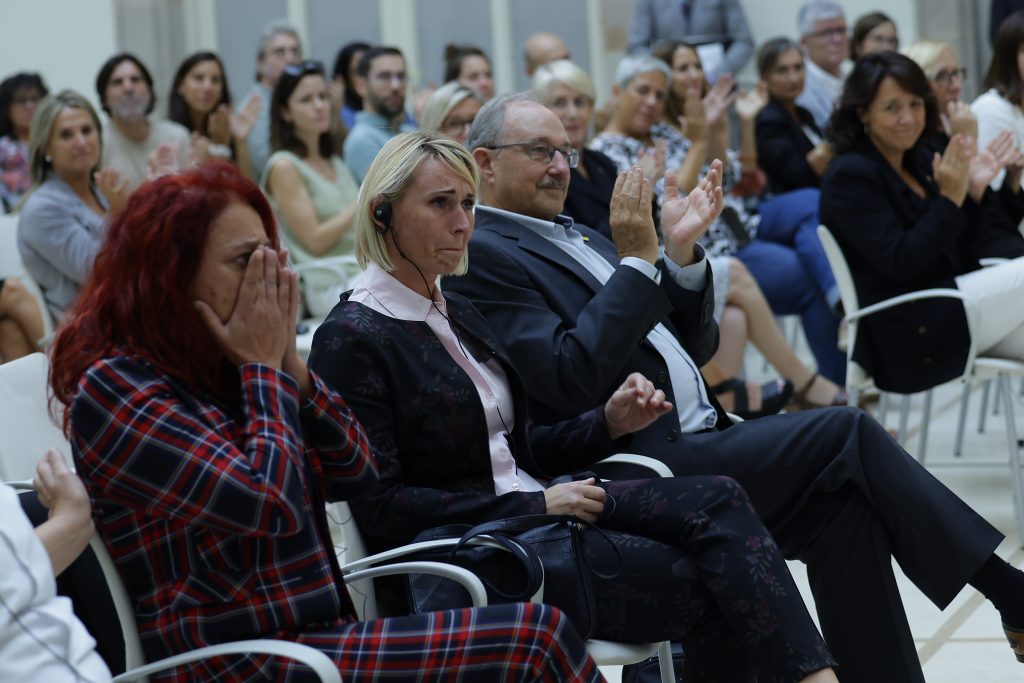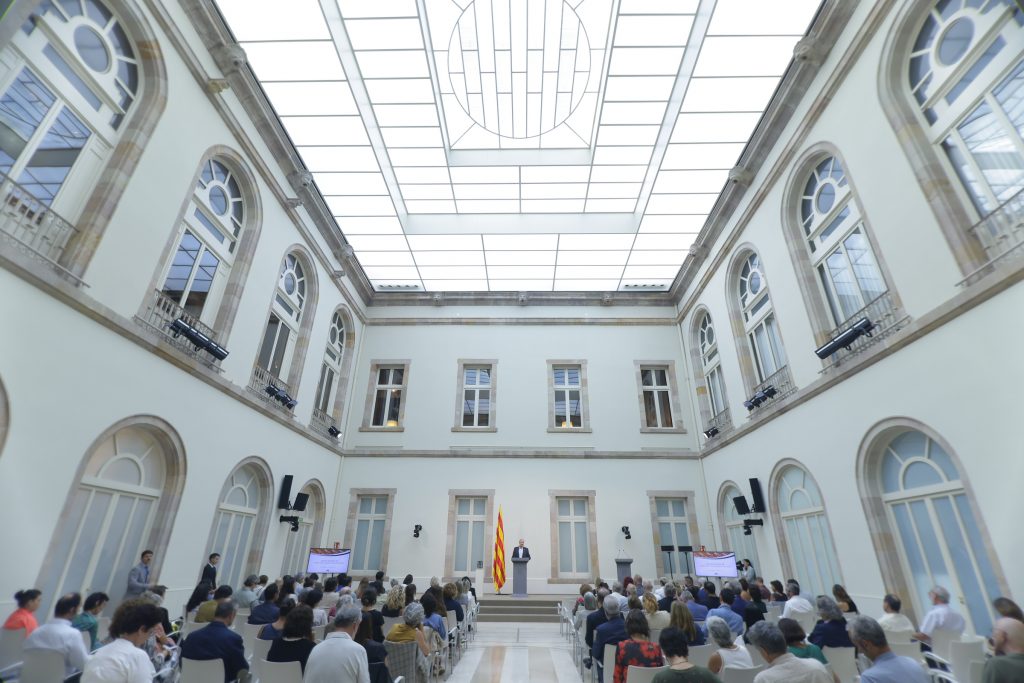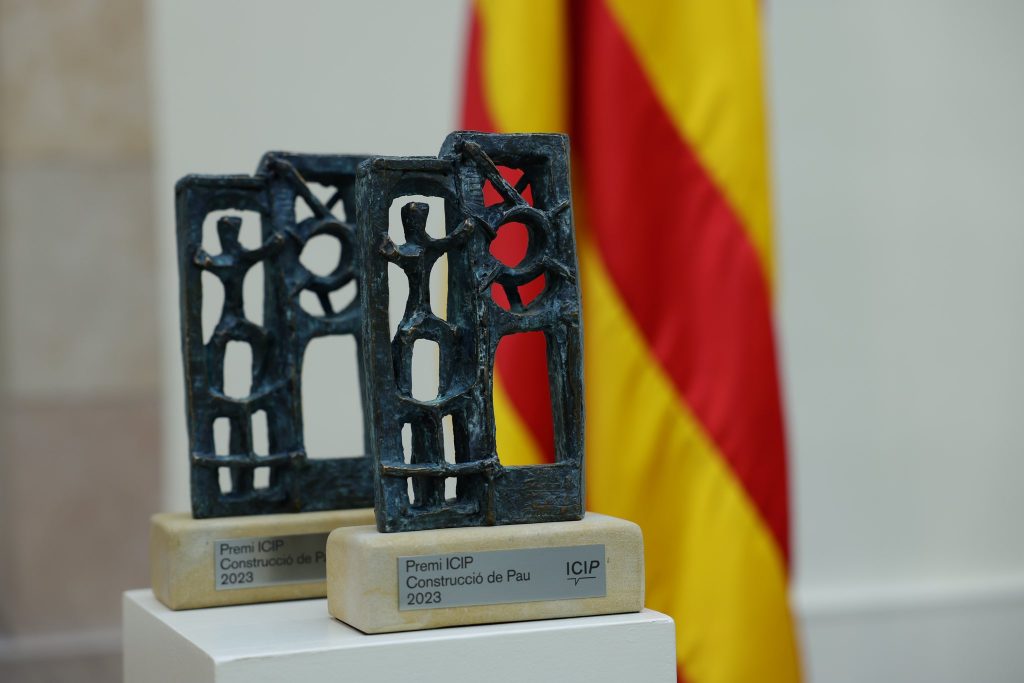For over fifty years, Angela Davis has been at the forefront of feminist movements and collective movements for prison abolition, as well as the struggle against state violence and oppression.
Abolició. Polítiques, pràctiques, promeses (Abolition: Politics, Practices, Promises) is the result of decades of thinking in action with the aim of contributing to the debate on security and prisons. This publication addresses the history of prison abolitionist thought and practice in the United States and around the world, the unique contributions of women to these struggles, and stories and lessons of organizing within and beyond prison walls.
The book encapsulates the career of one of the most important figures of the abolitionist movement. It is essential reading for anyone who imagines a world without prisons.
Translated by Lola Fígols Fornell and illustrated by MilVietnams, this volume brings together the most significant texts of the activist and thinker, and offers a deep and incisive reflection on the history and future of abolitionism.
A key book to understand contemporary abolitionism
In Abolition, Angela Davis explores the history of abolitionist thought and practice, highlights the pivotal role of women in these struggles, and offers lessons on collective organizing. Her writings address diverse issues with an intersectional vision that combines gender, class and race to analyze the repressive structures that prevent us from imagining socialist and just futures.
The call for abolitionism: Davis proposes imagining new ways of guaranteeing public health and safety. She argues that police brutality, migrant detention and prison control require abolitionist strategies to build a more livable future.
Slavery and prison: The author analyzes the continuity between slavery and the modern prison system, focusing on the prison system in the United States and how it perpetuates racist and capitalist structures.
Racialization of crime: Davis examines how the criminalization of Black communities has historically been used to justify mass imprisonment, regardless of the guilt or innocence of the individuals involved.
The intersectional perspective: Imprisonment is not only a racial or economic issue, but also a gender issue. Davis addresses institutionalized violence against women prisoners, from medical neglect to sexual abuse, and analyzes how Black women suffer disproportionately in this system.
The prison-industrial complex: The book explores how the US penal system acts as a profit-making industry, perpetuating structural inequalities and consolidating social control.
About the author
Angela Yvonne Davis (Birmingham, Alabama, 1944) is Professor Emerita of History of Consciousness and Feminist Studies at the University of California, Santa Cruz (USA). An activist, writer and scholar, her work focuses on prisons, policing and the intersections between race, gender and class. With over fifty years of activism, Angela Davis has been a key figure in the movements against state violence, racism and gender oppression. She is the author of many books, including Are Prisons Obsolete? (2020), and Women, Race and Class (2022).
Co-published by ICIP and Tigre de Paper
Abolition is the result of the collaboration between ICIP and Tigre de Paper, with the aim of disseminating the culture of peace among Catalan society. This book expands the catalogue of ICIP’s publications, which deal with issues related to the culture of peace and nonviolence. Specifically, the book is part of ICIP’s “Security alternatives” program from which the Institute addresses the analysis of punitivism and the culture of punishment, with the aim of exploring security models that allow for the management and transformation of violence in a more humane, just and effective way.

